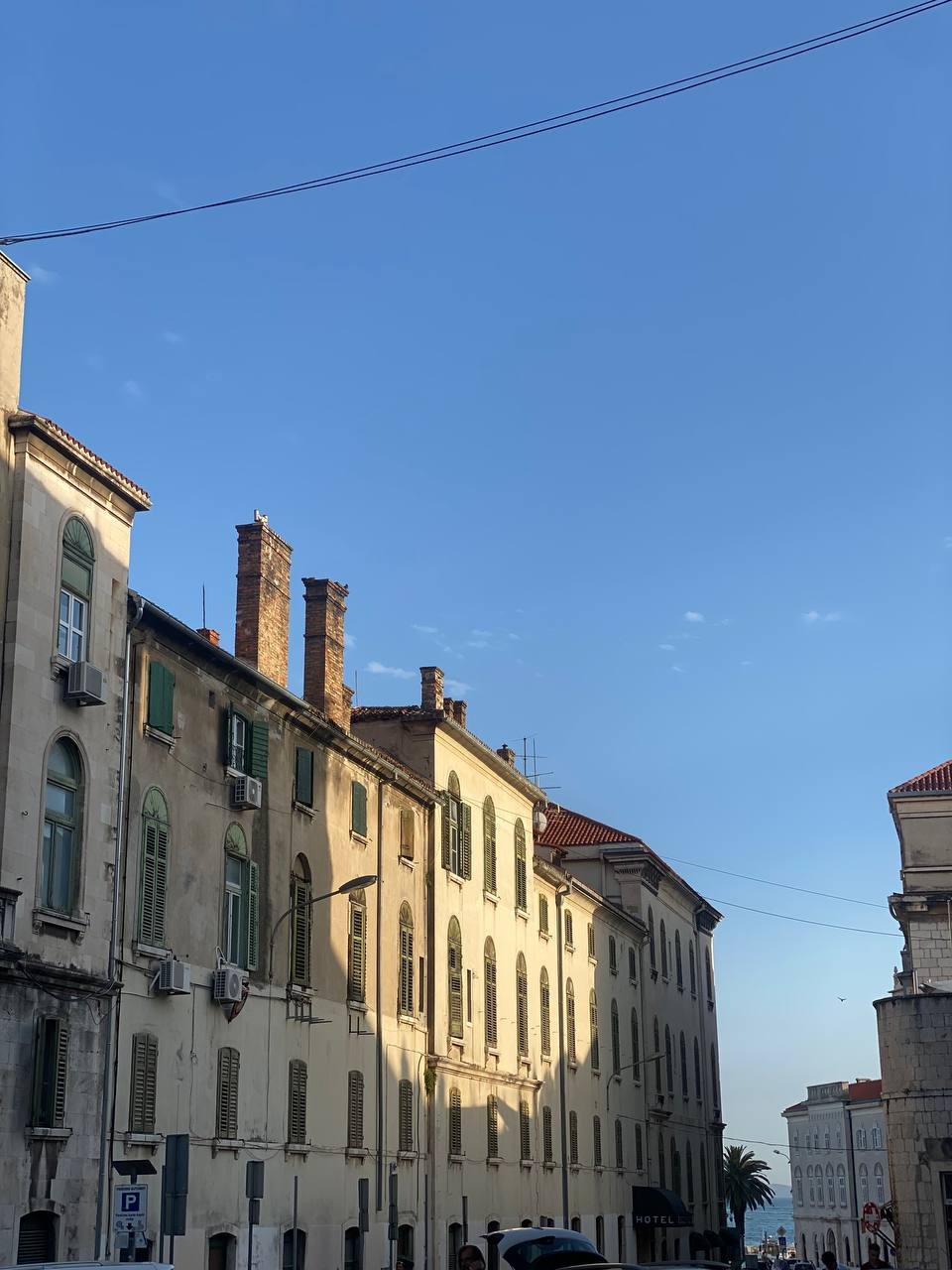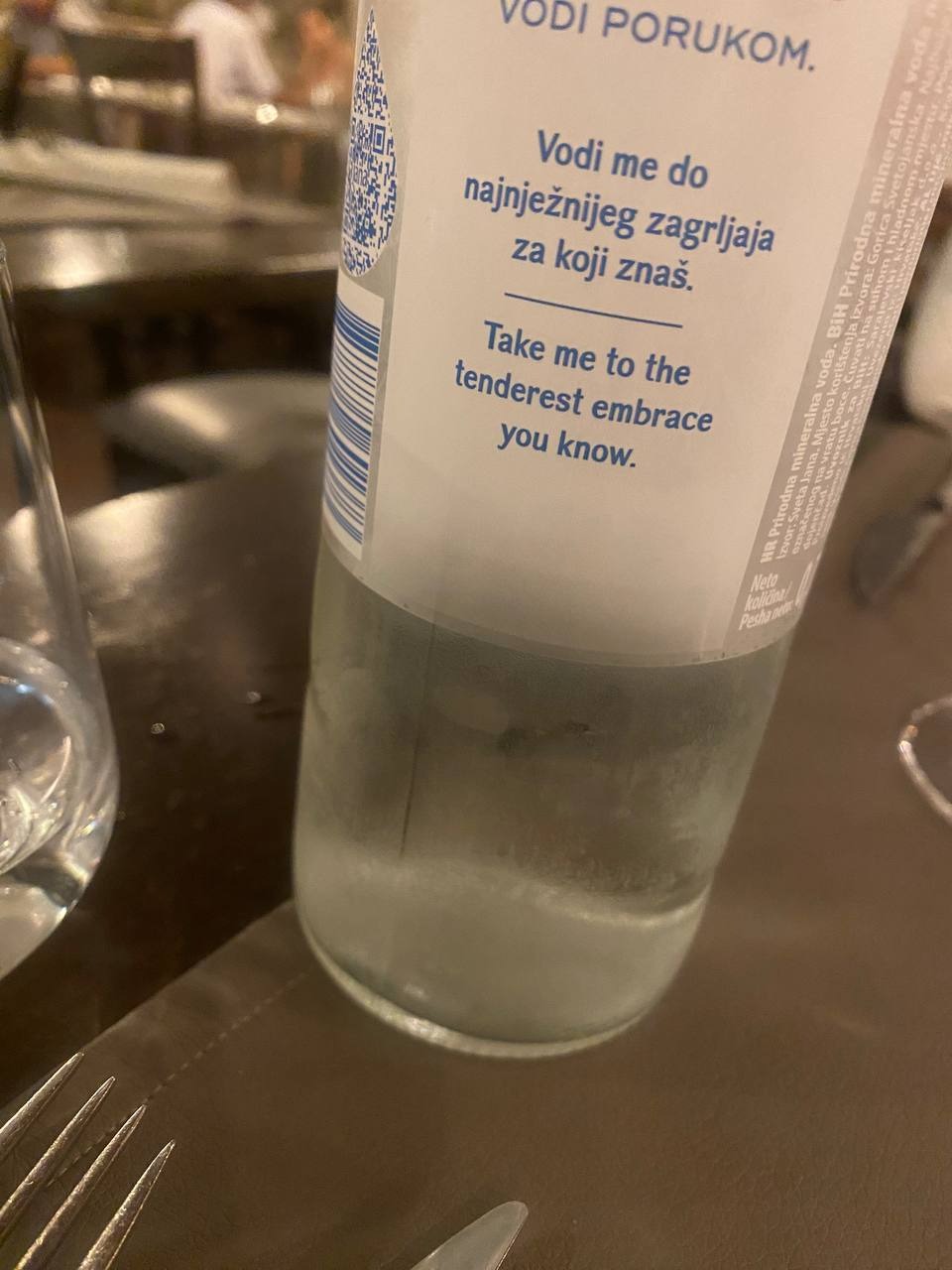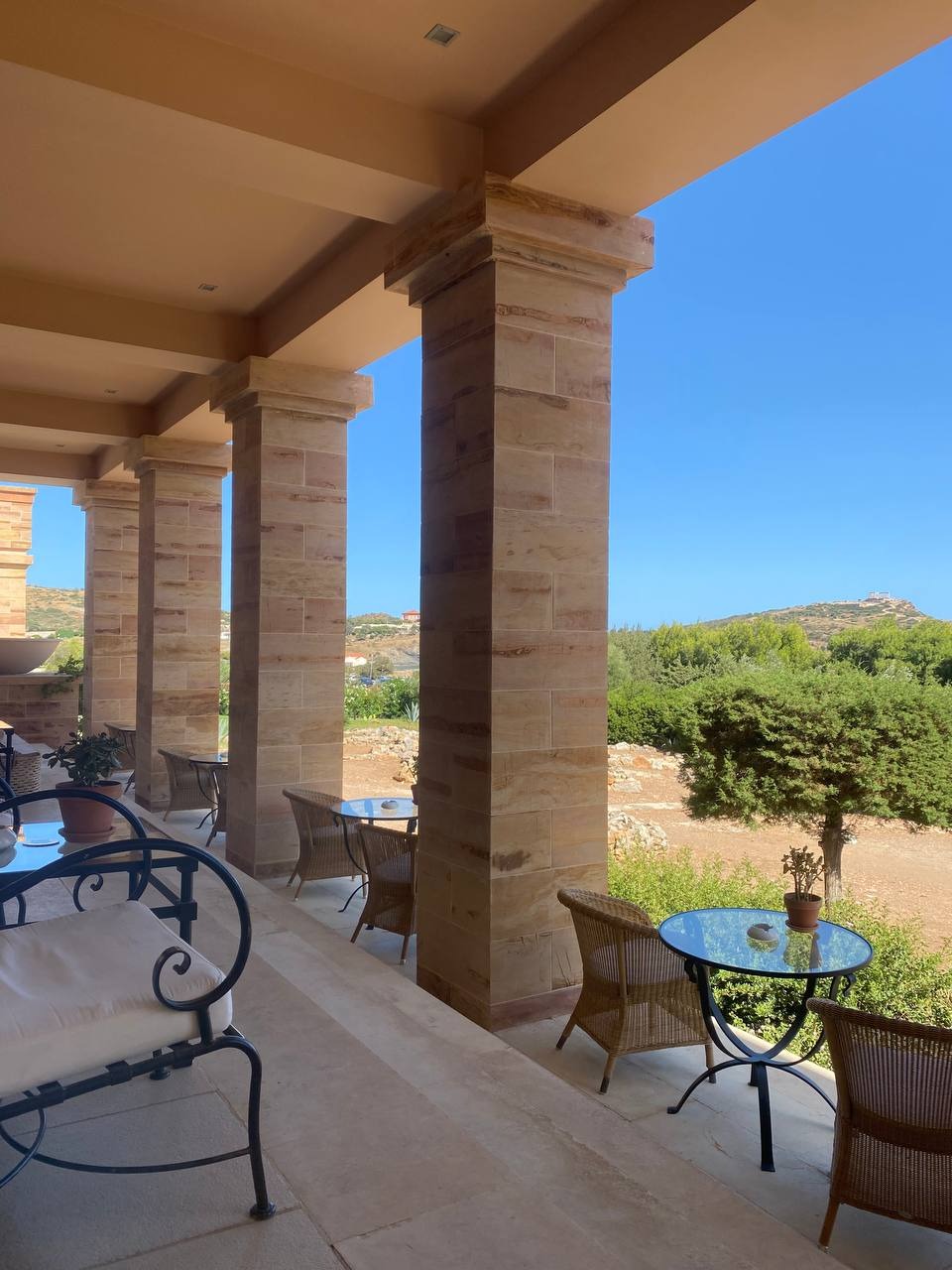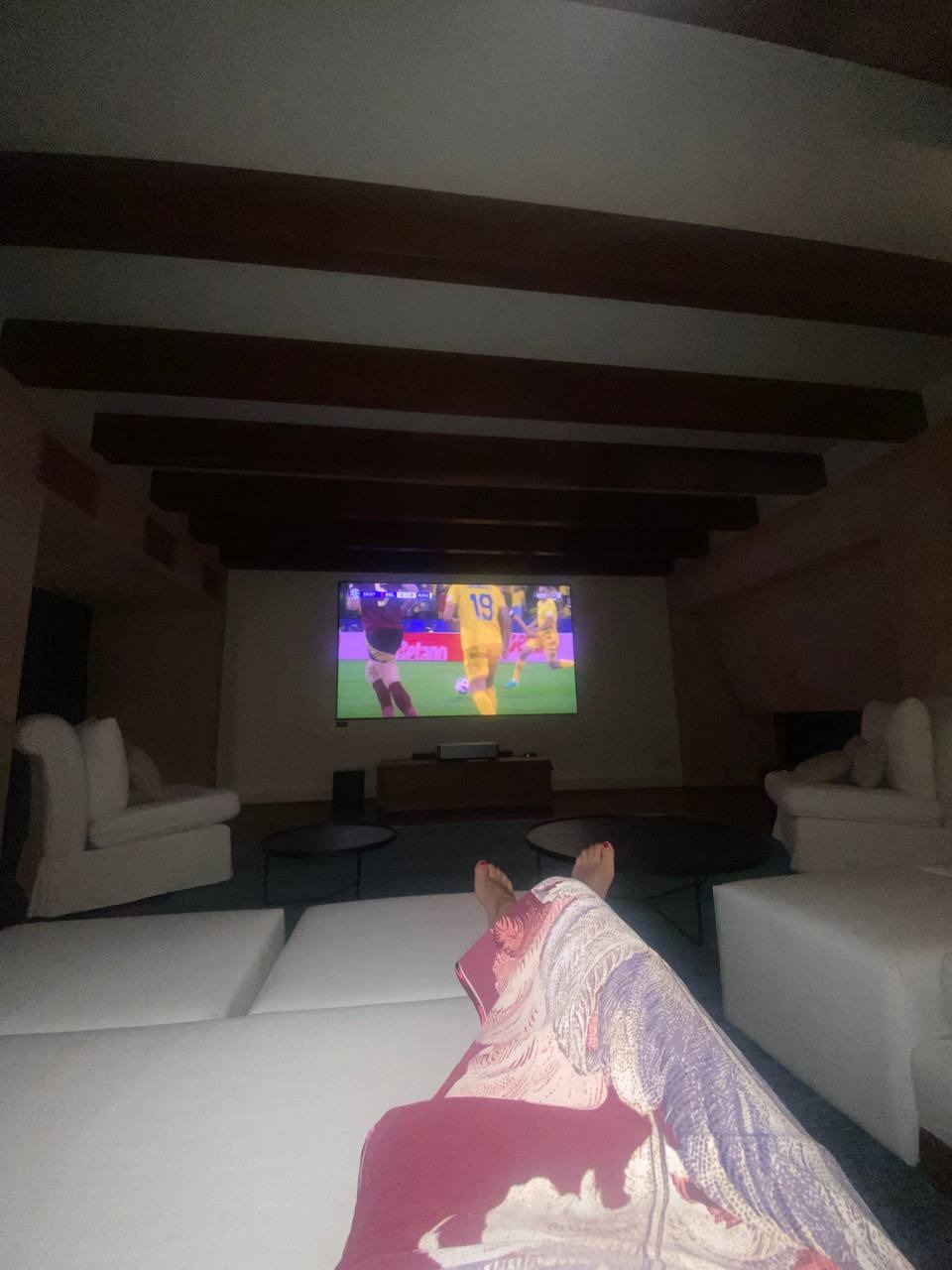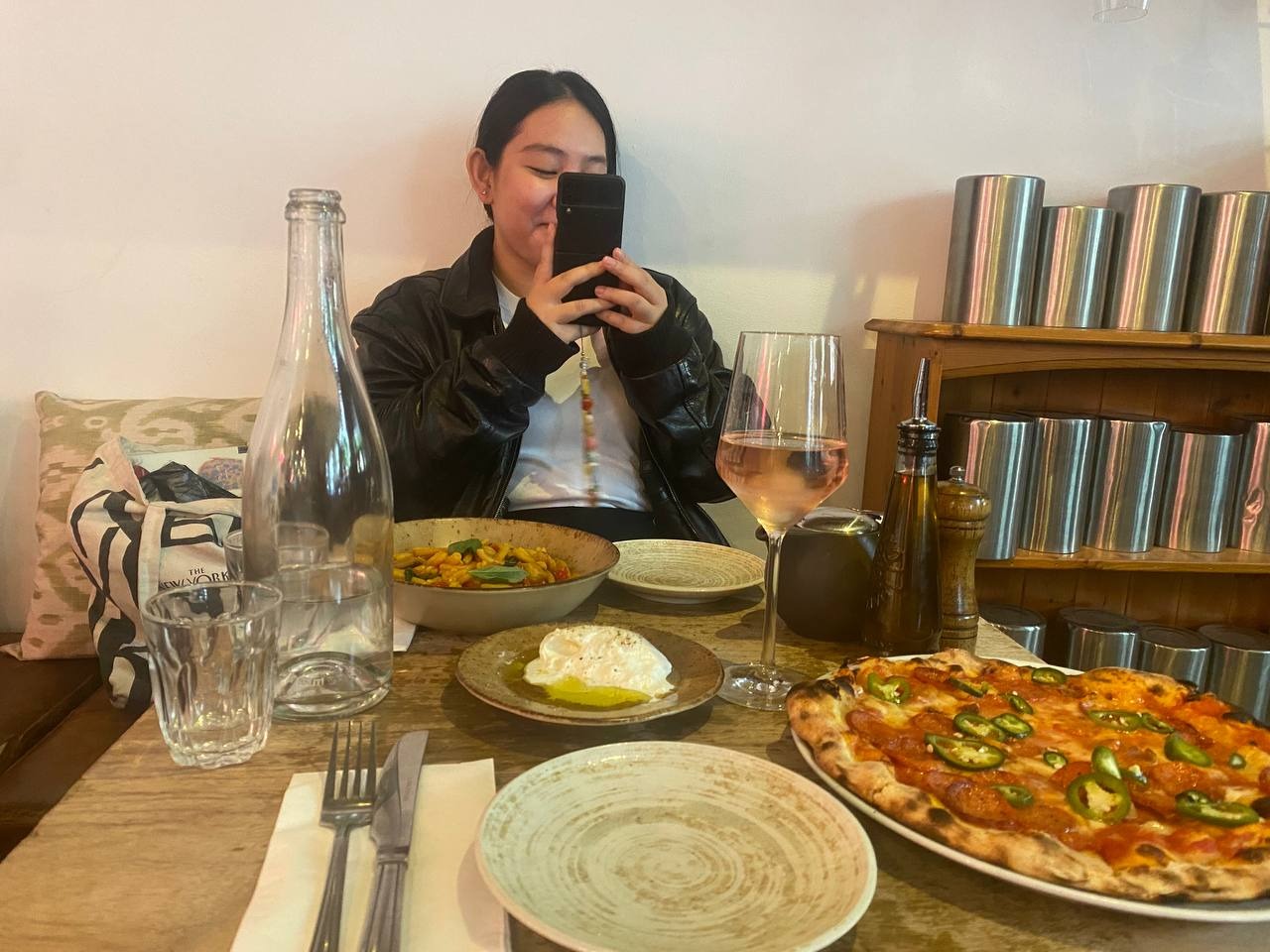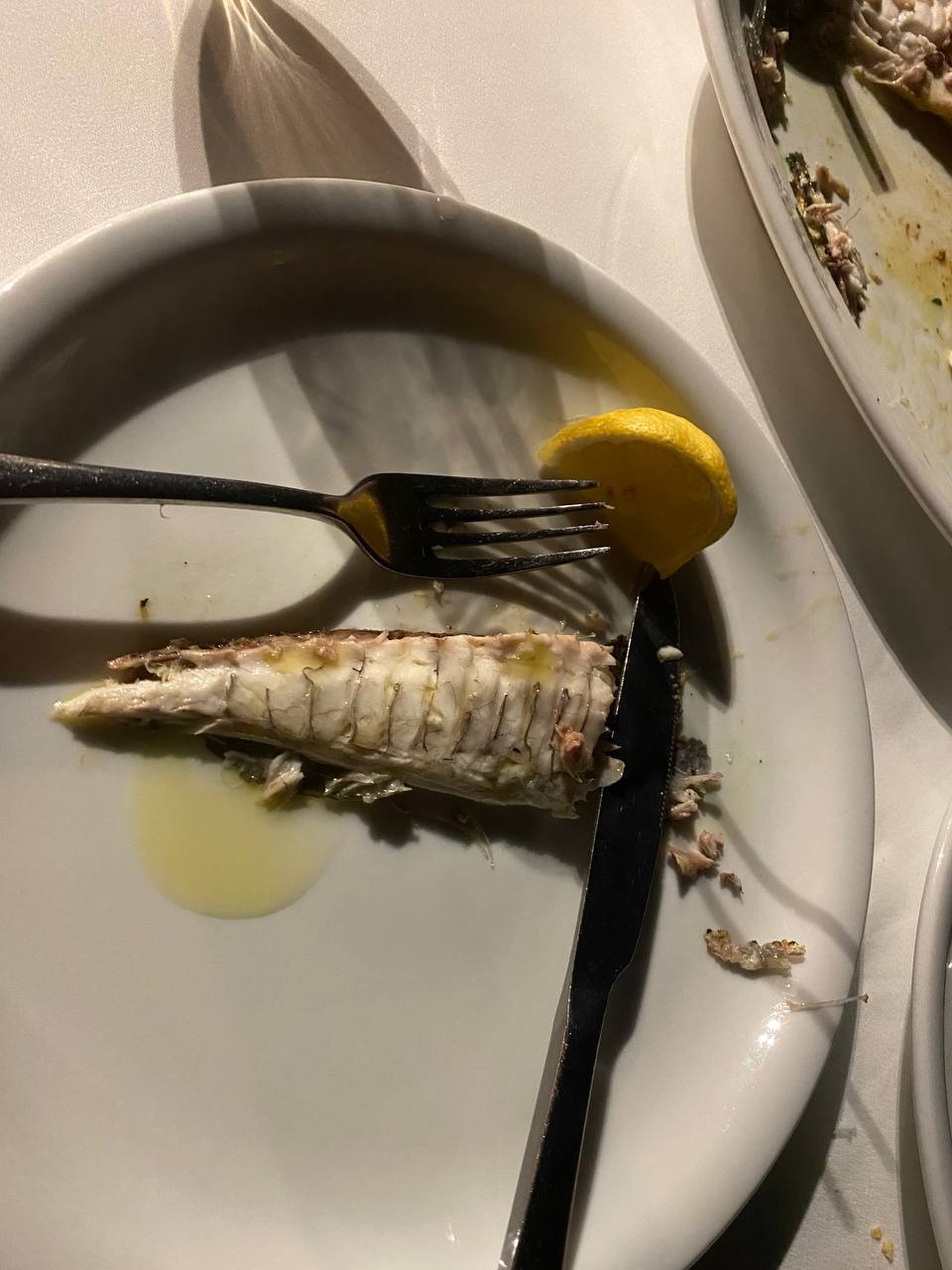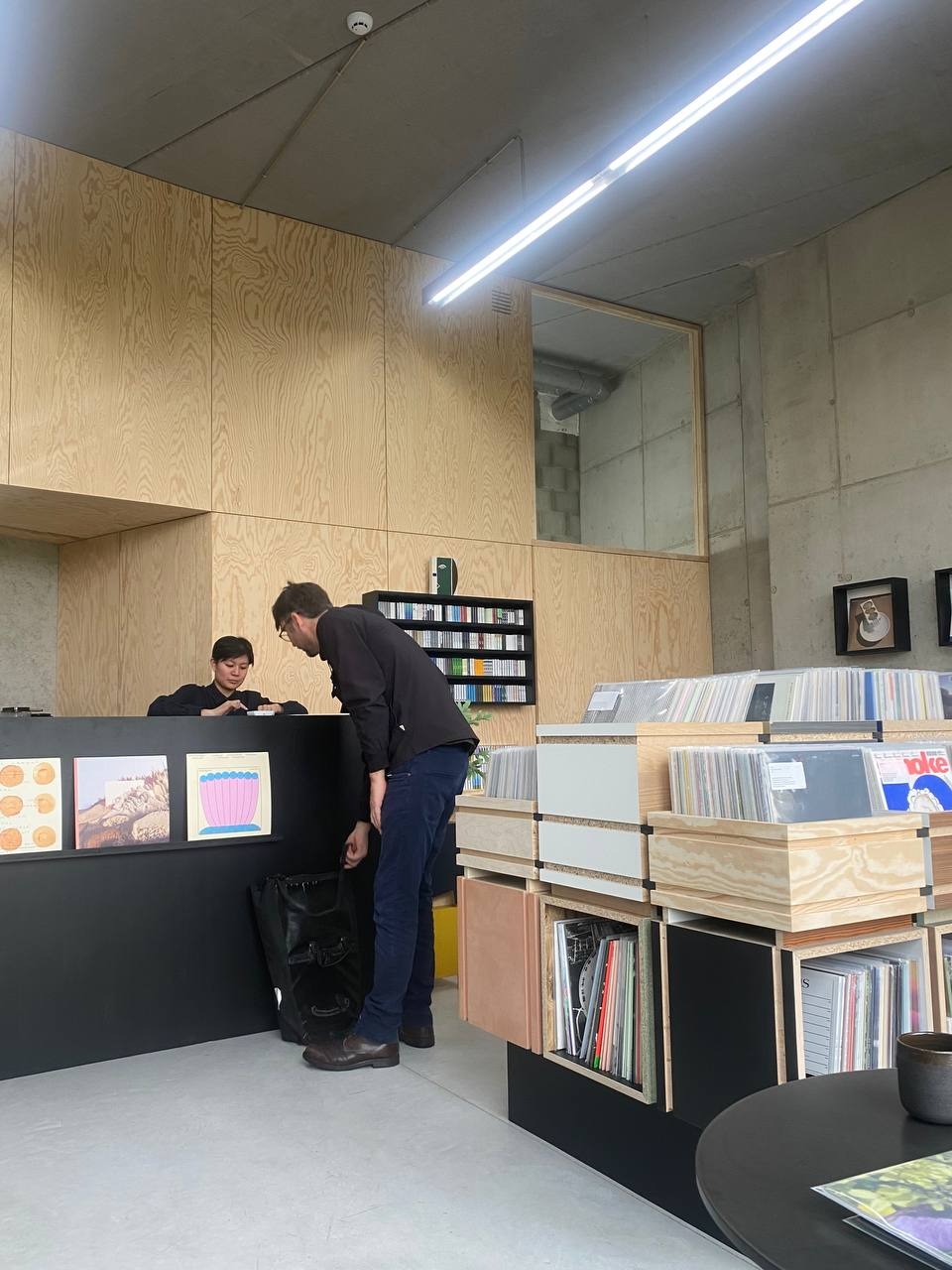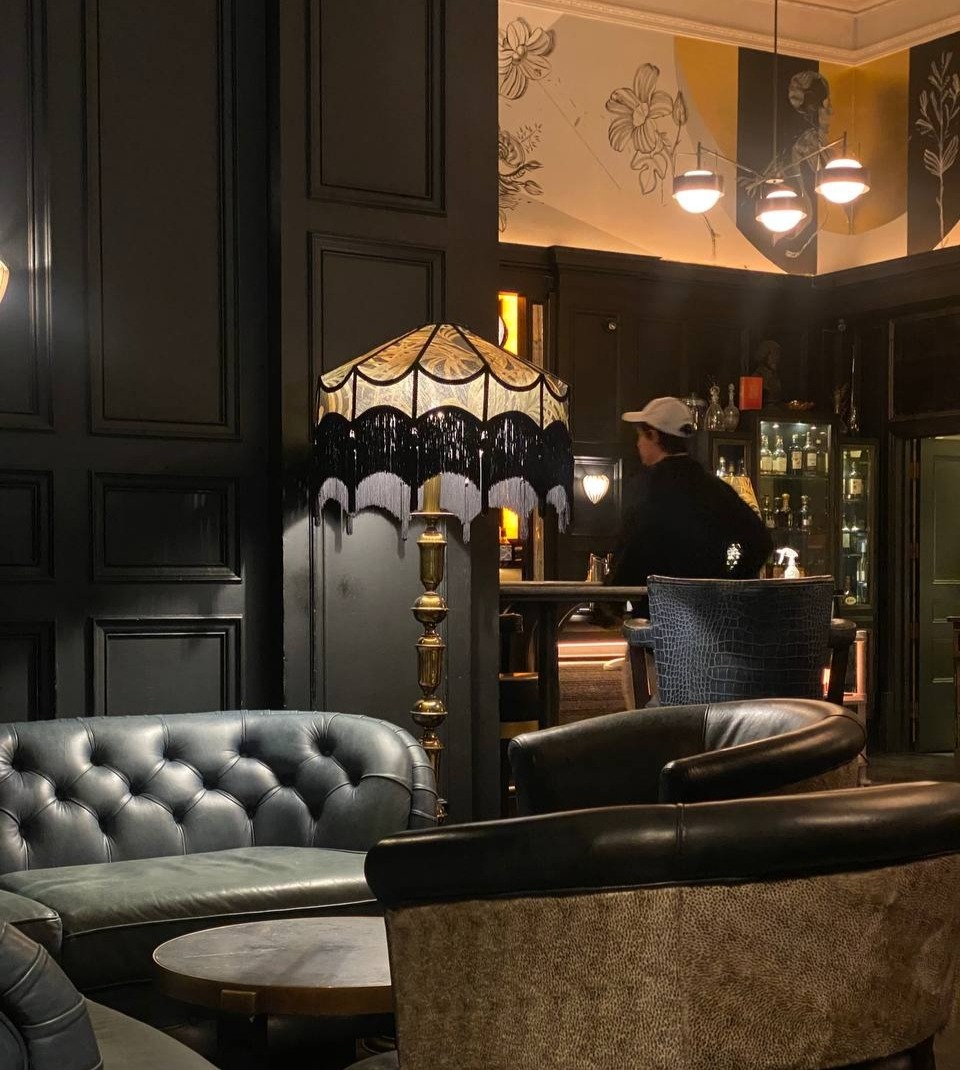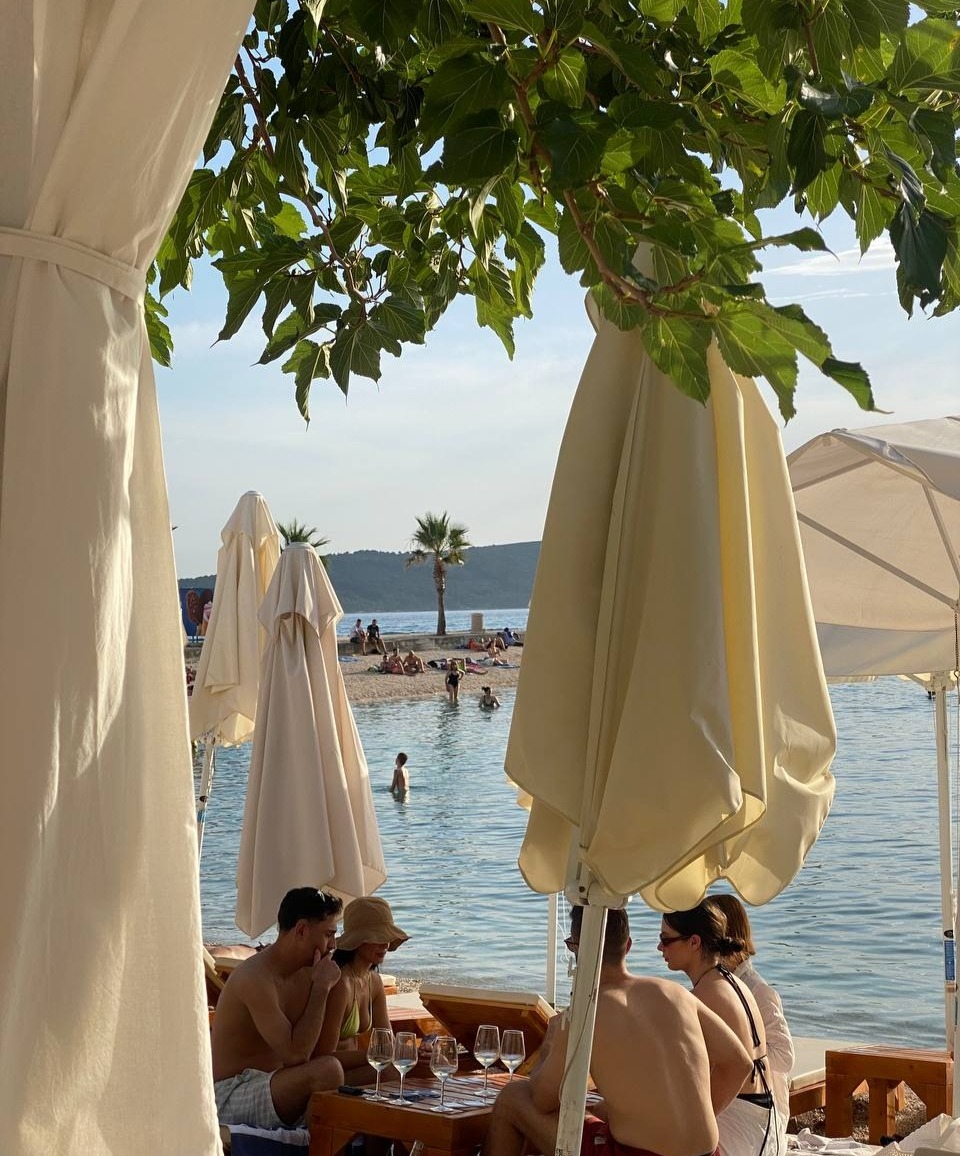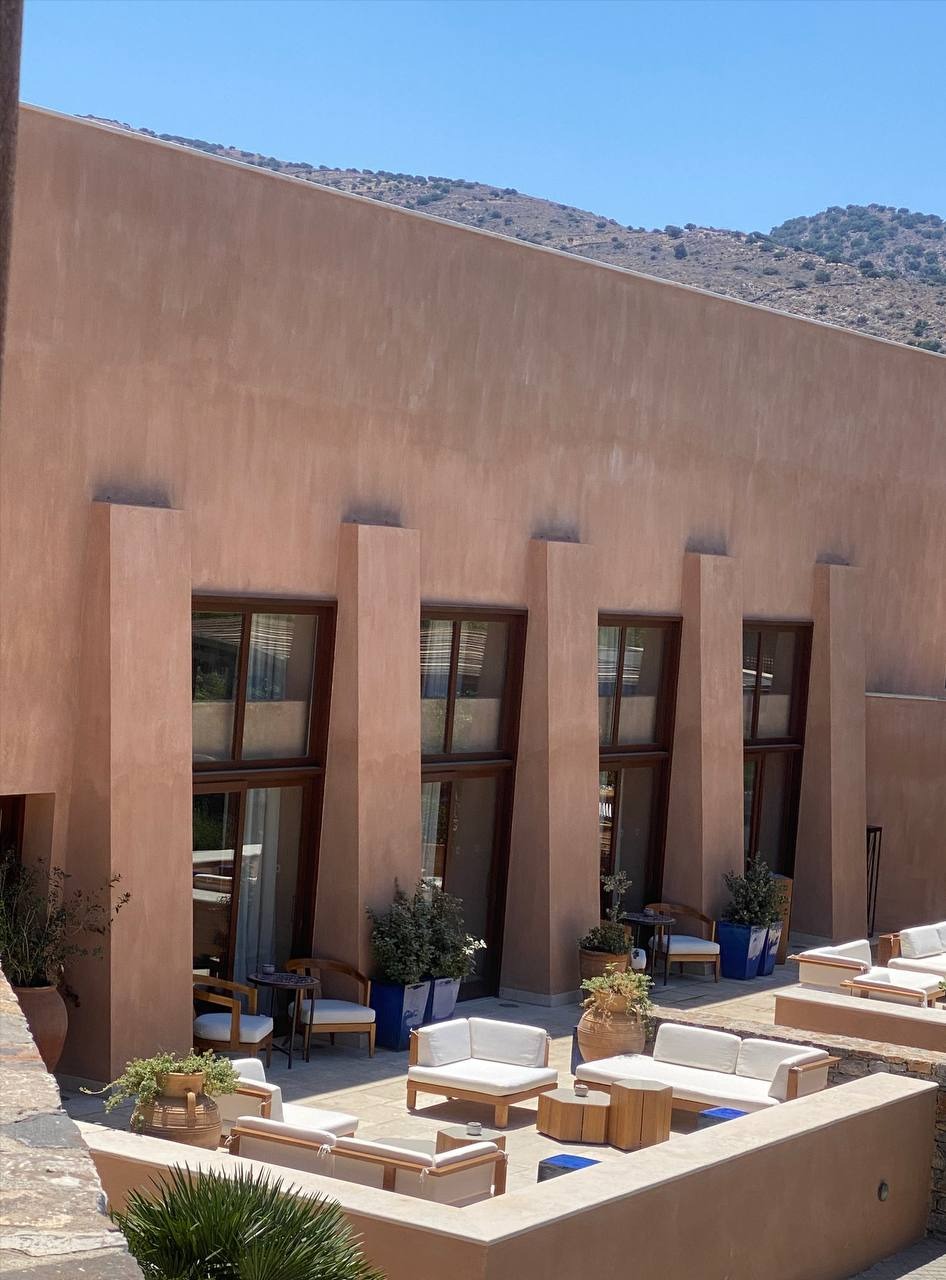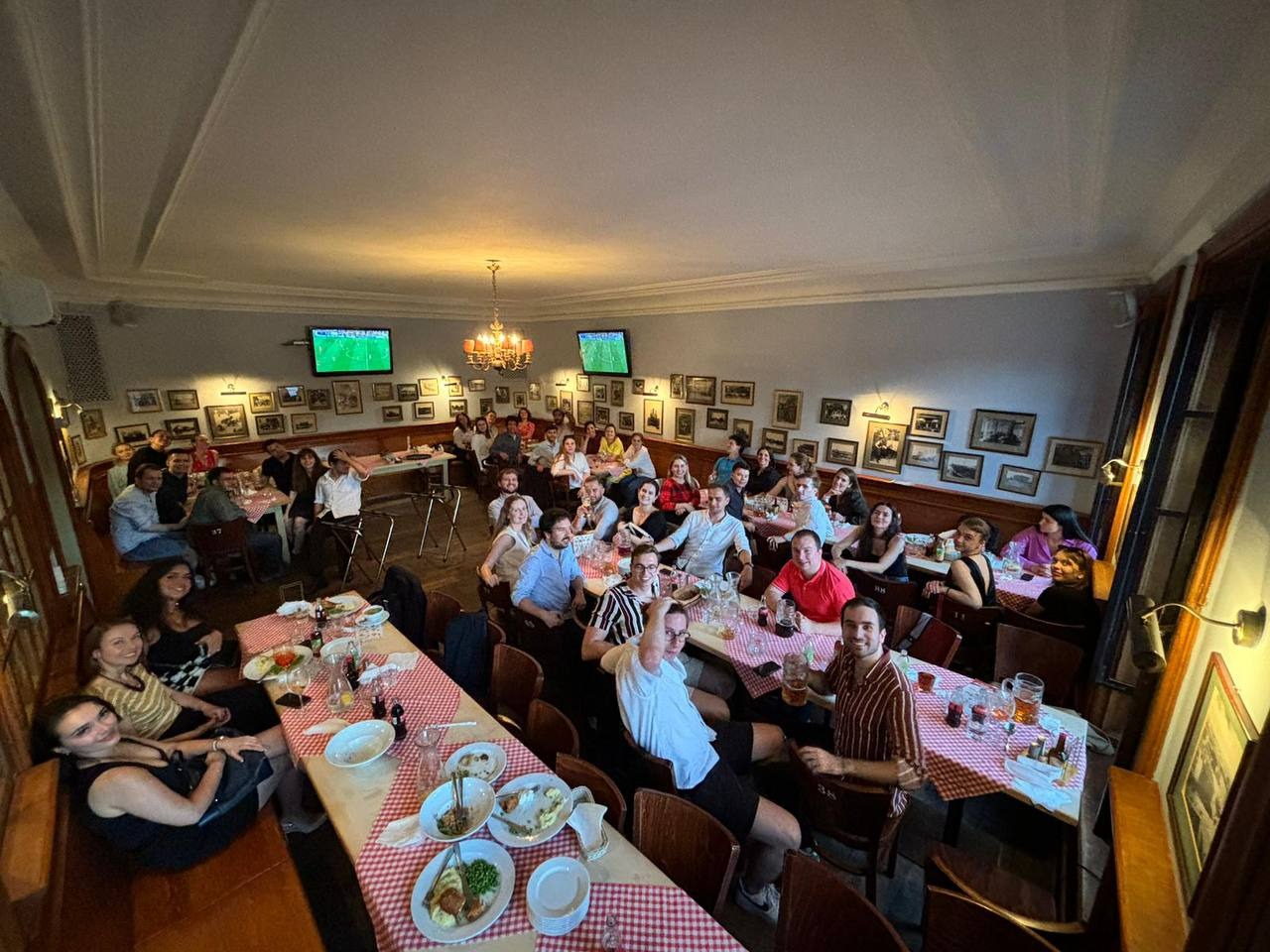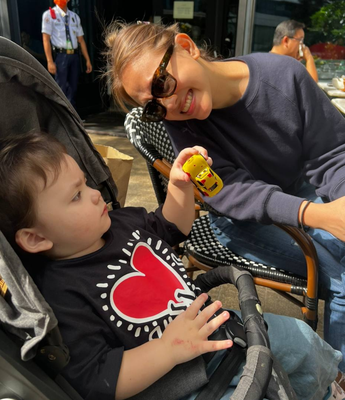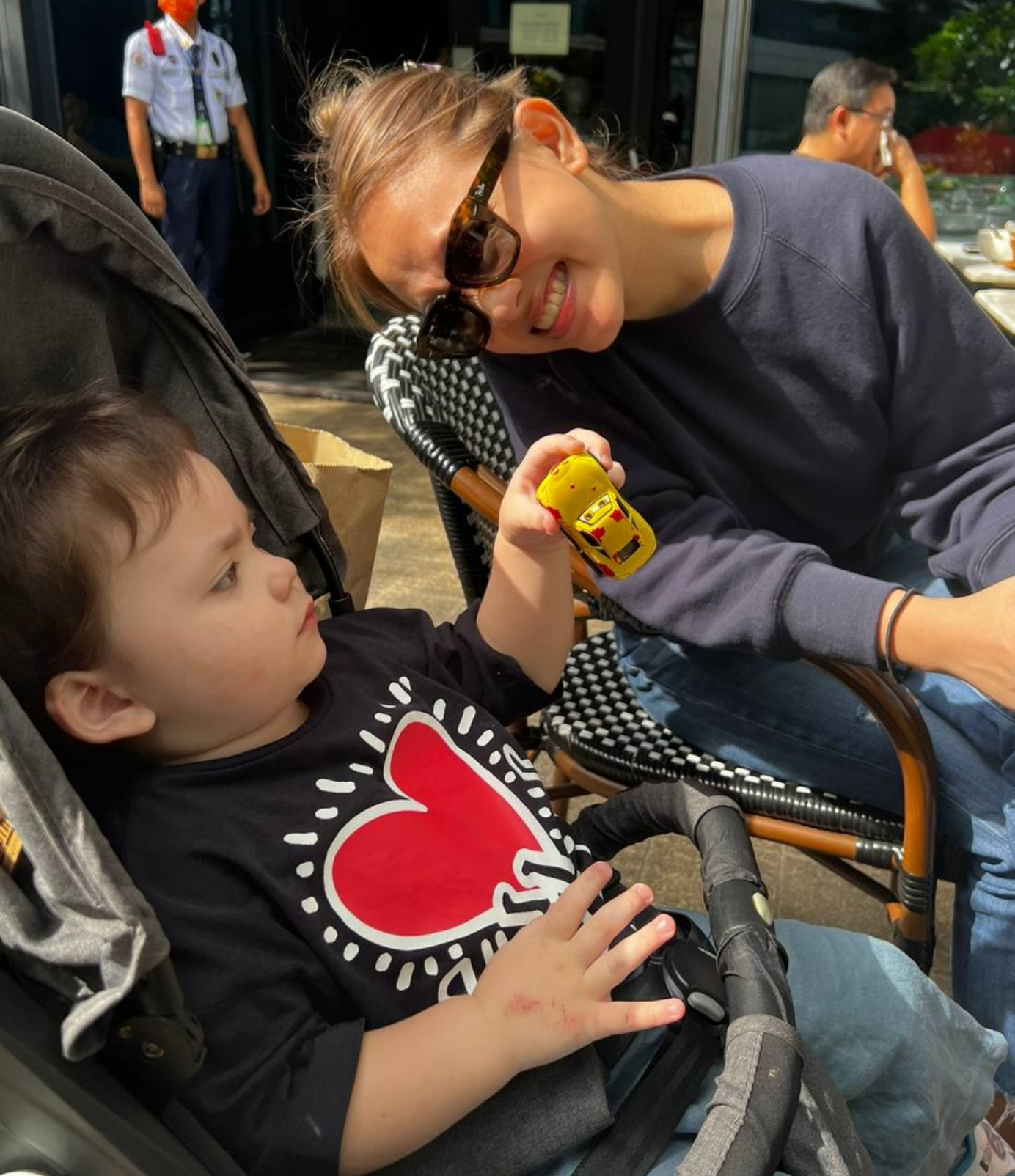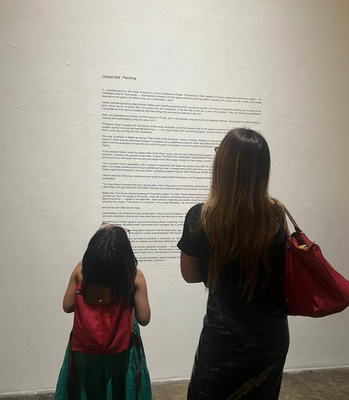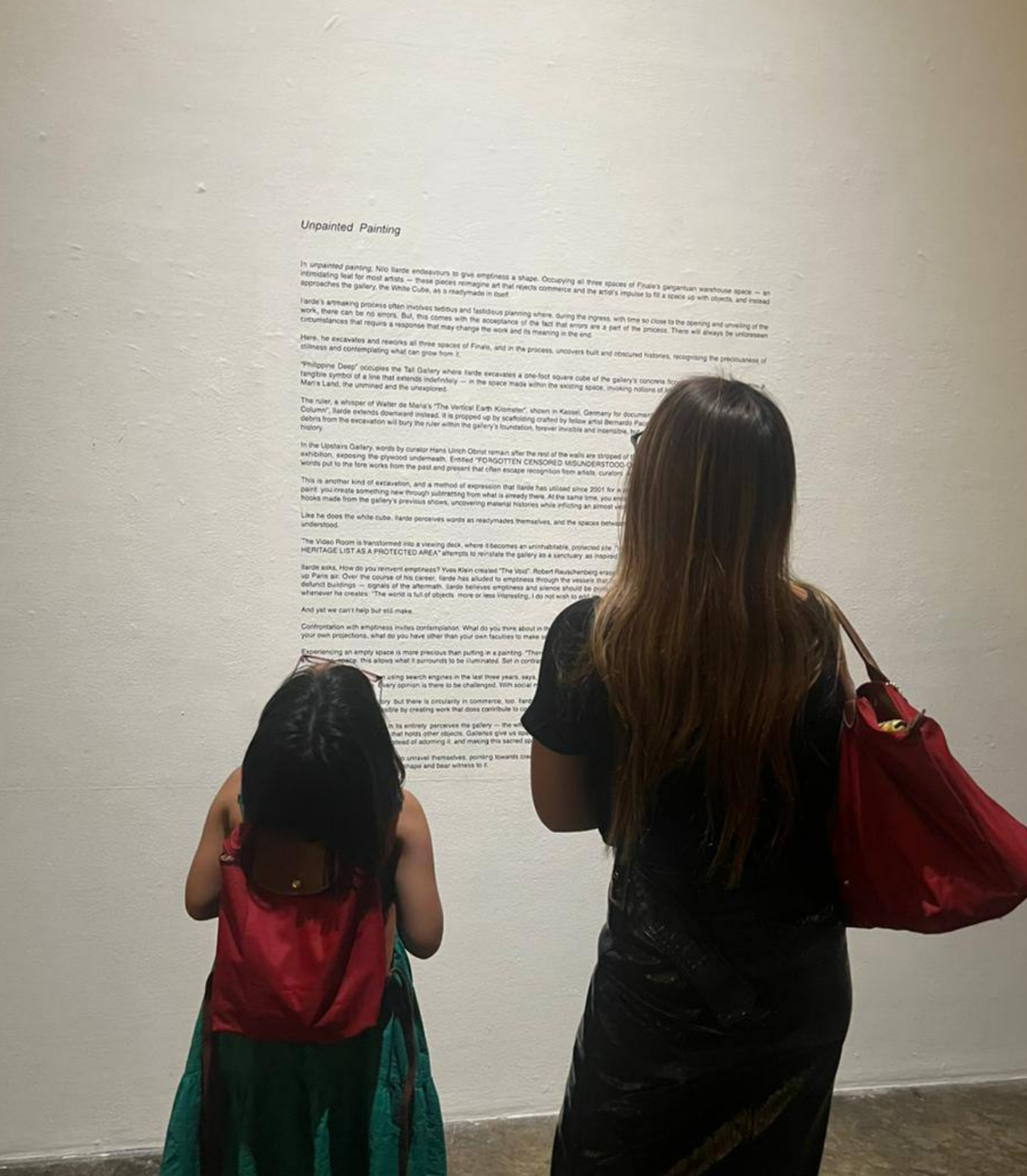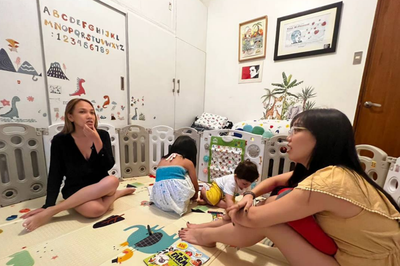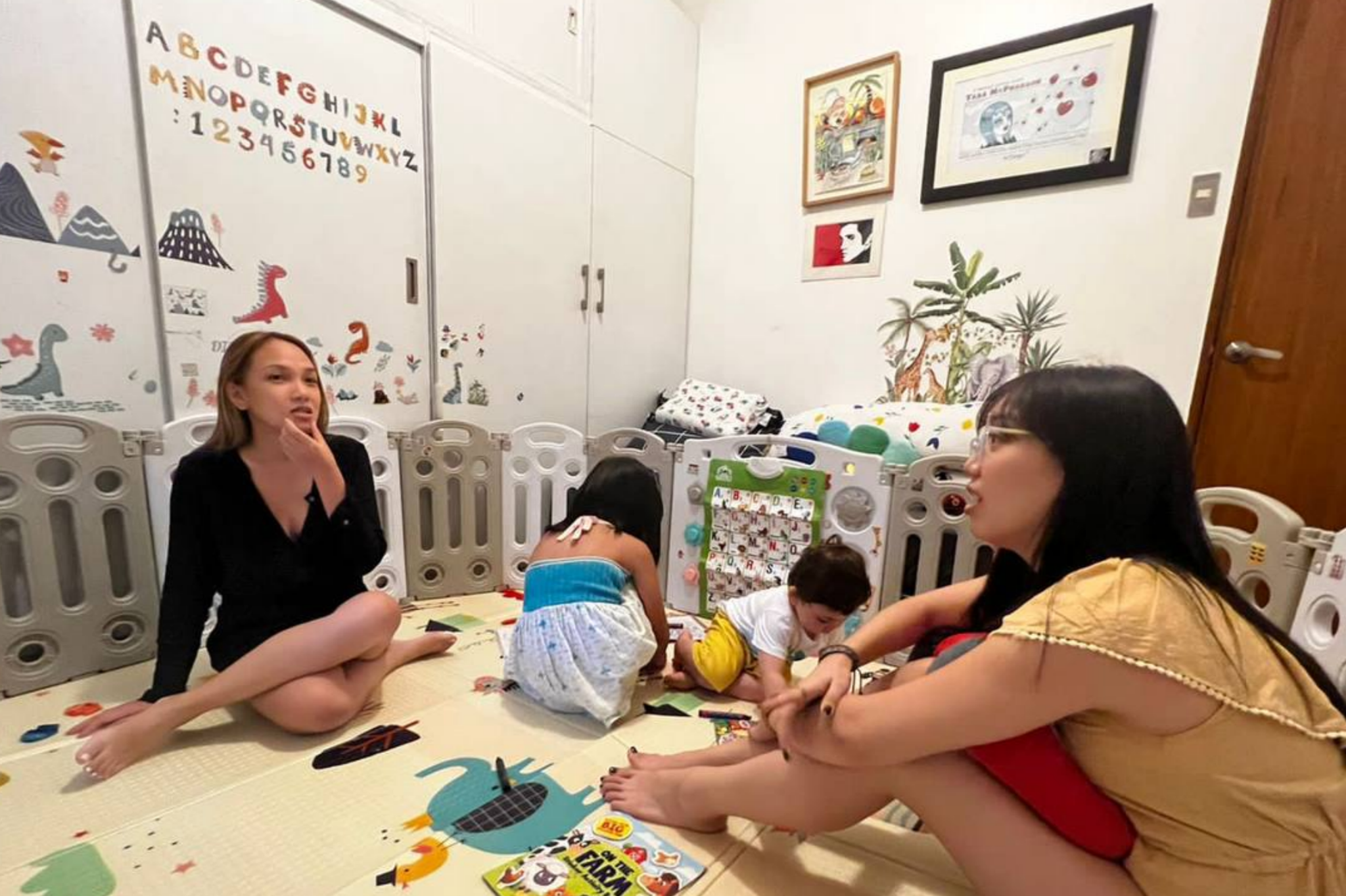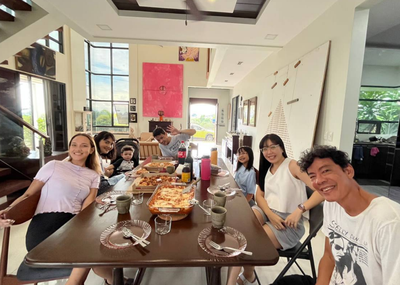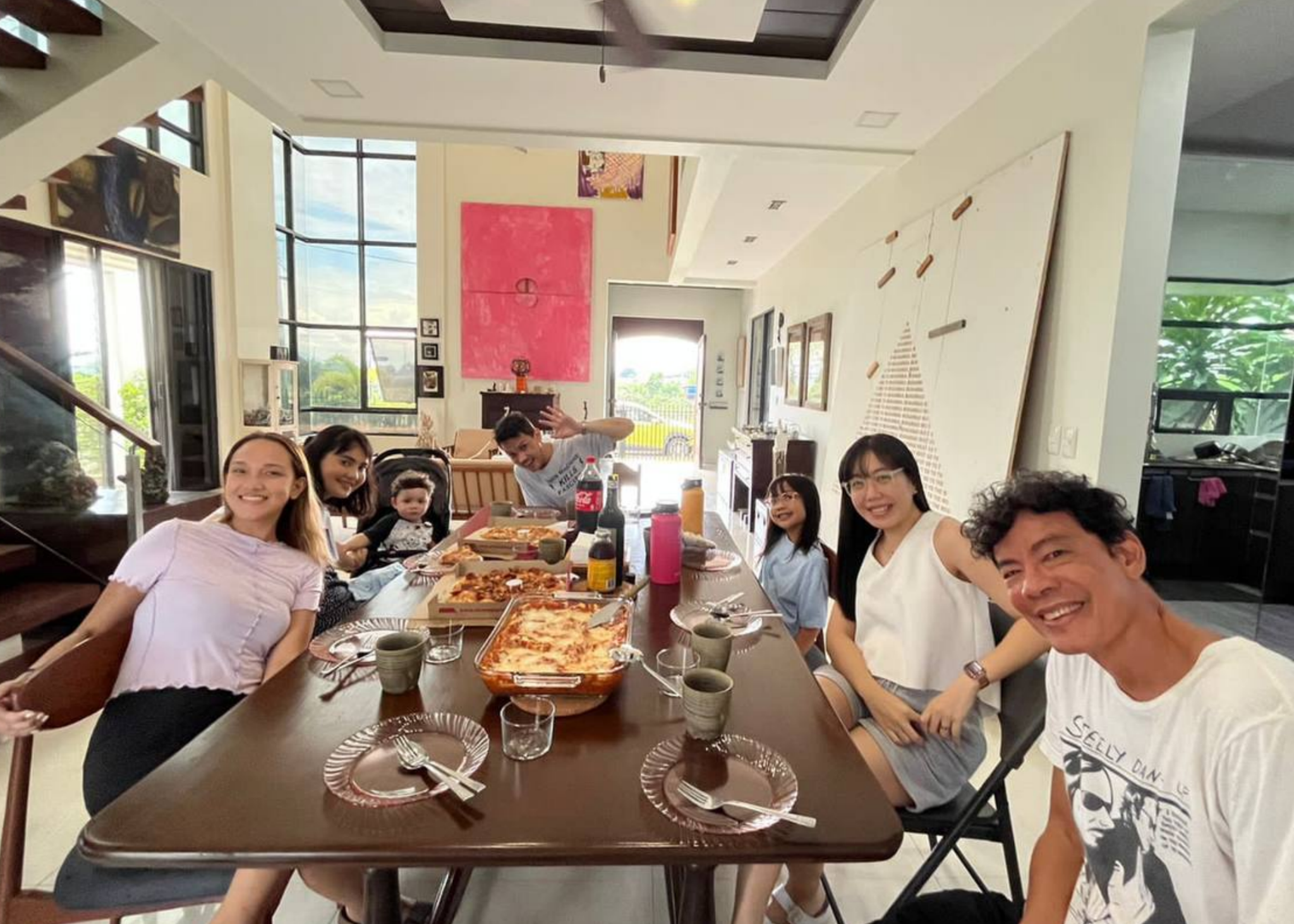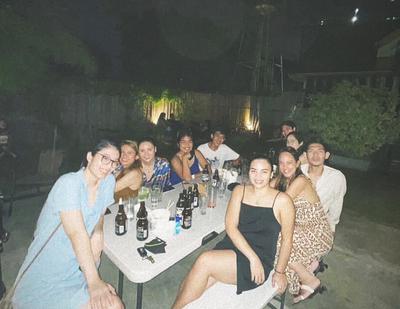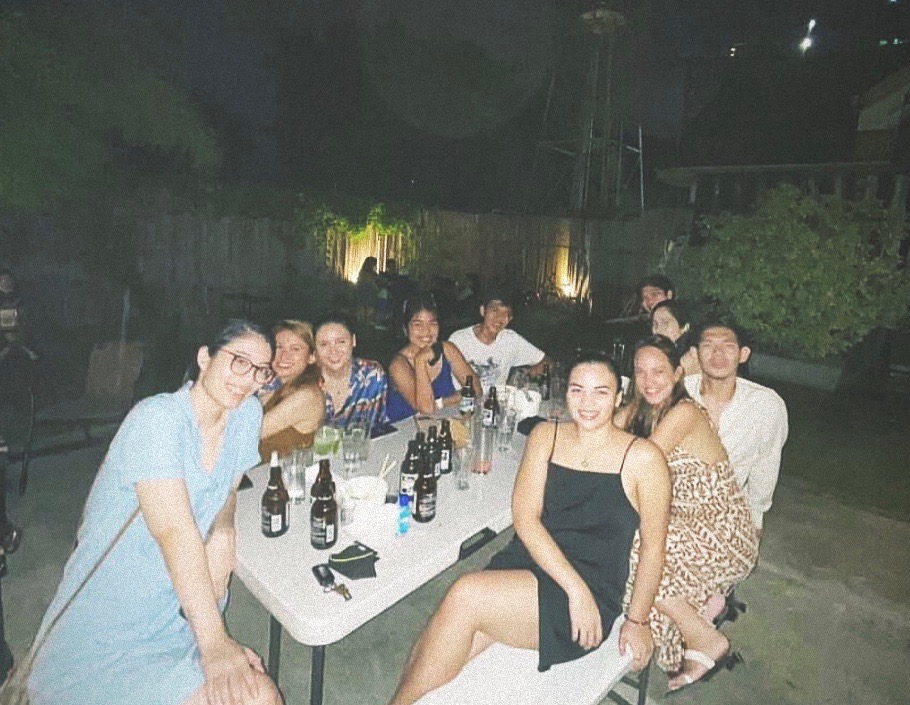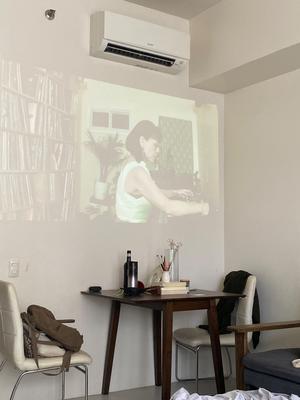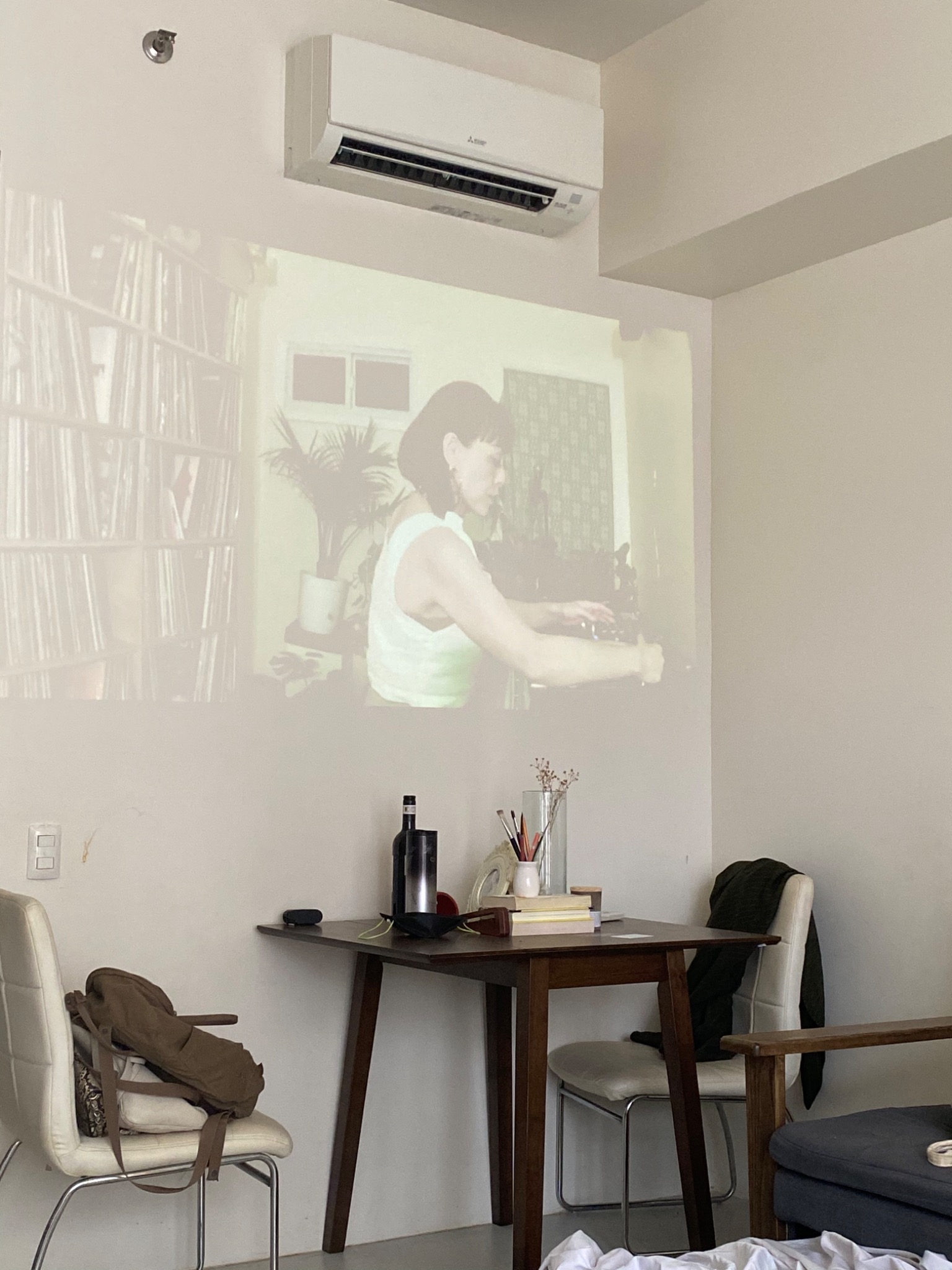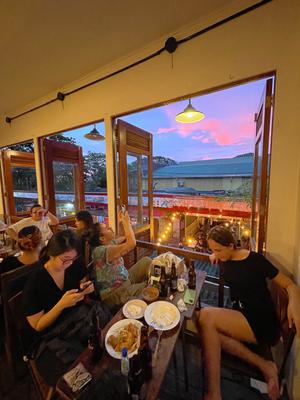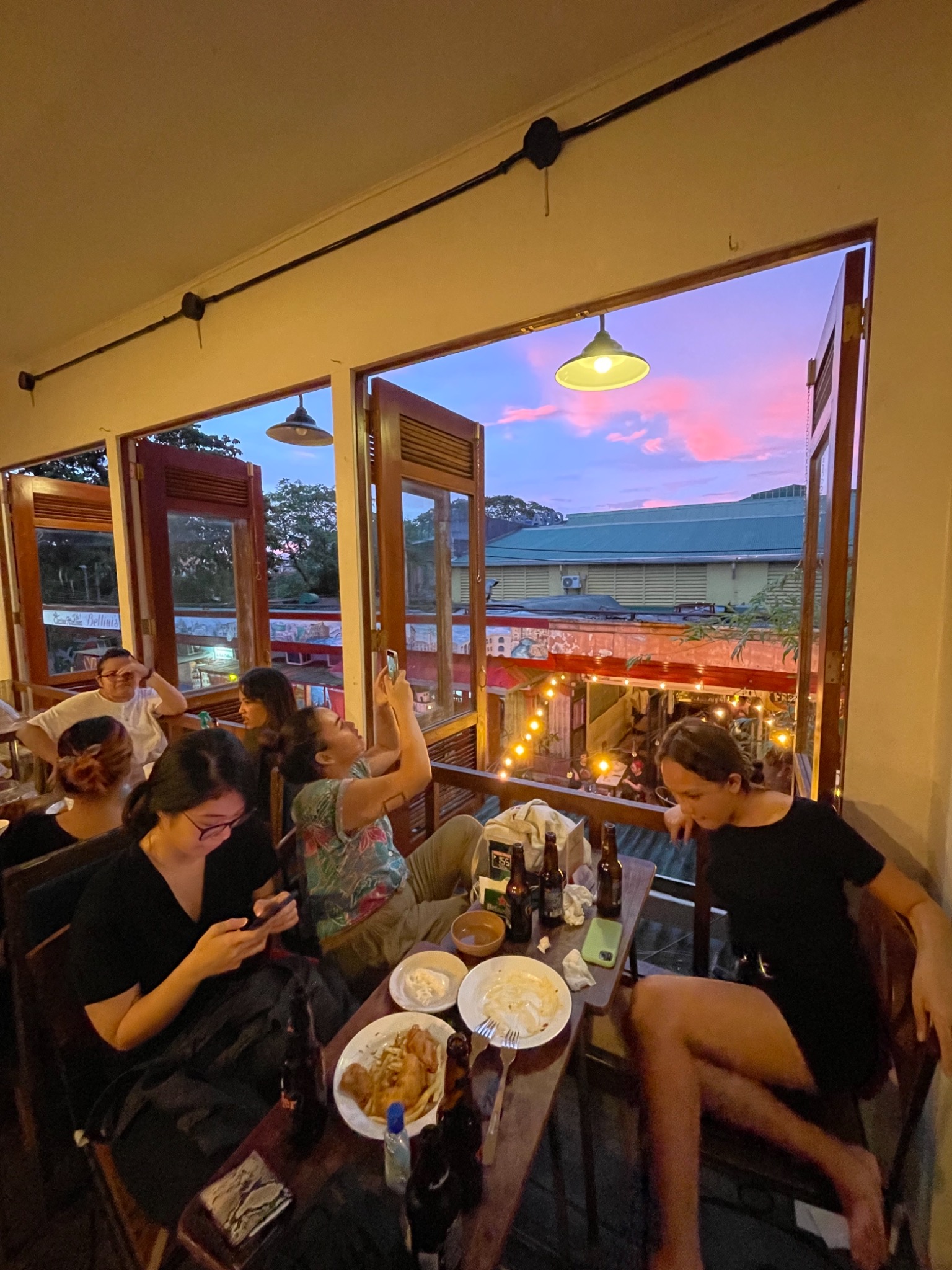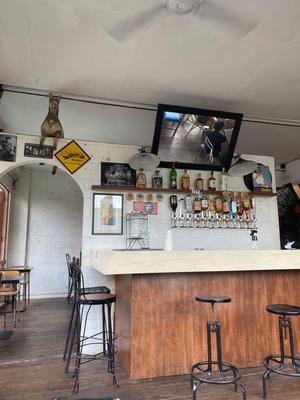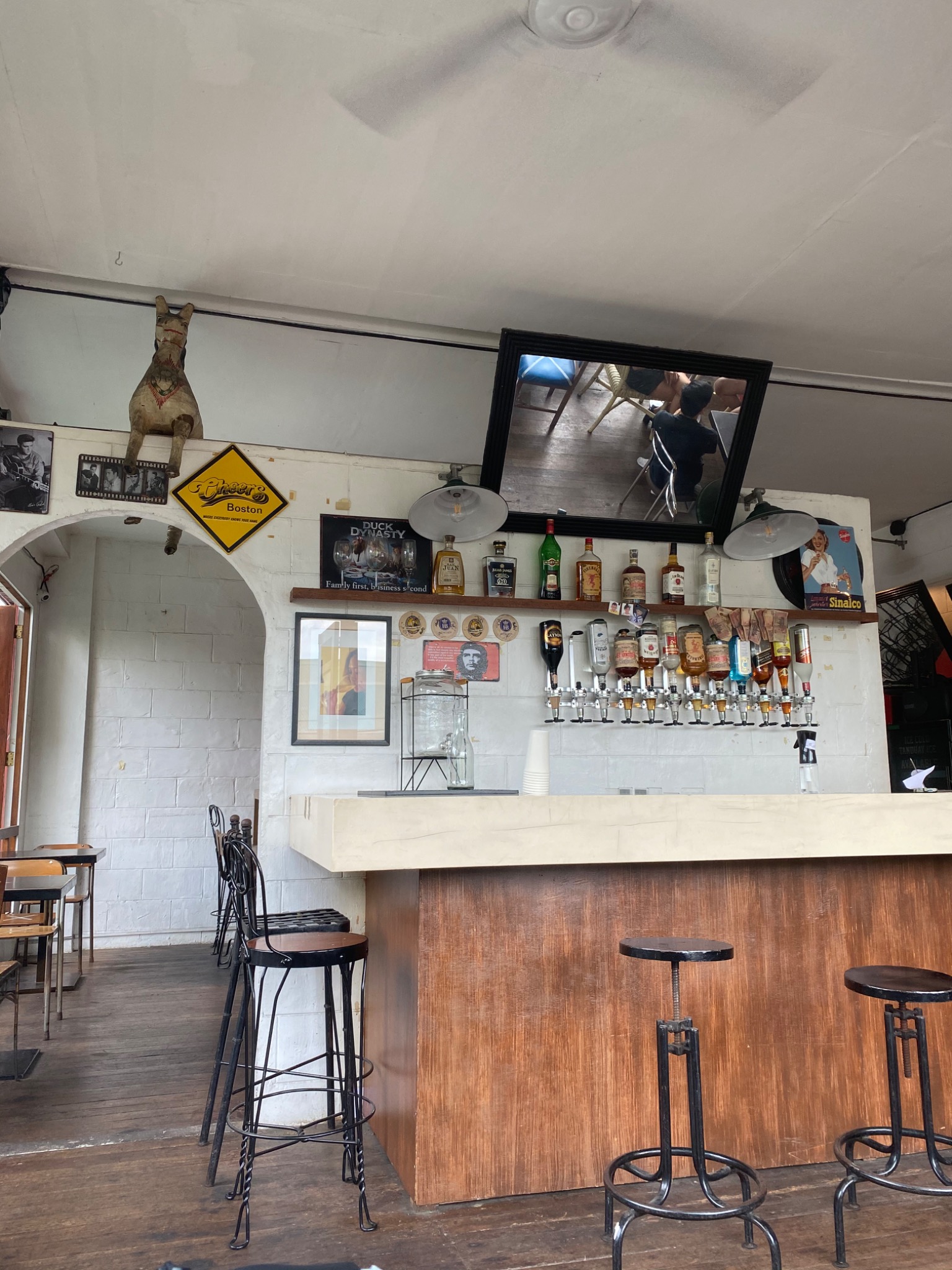Limits of self-knowledge
"There are some who can live without wild things, and some who cannot ...
Like winds and sunsets, wild things were taken for granted until progress began to do away with them. Now we face the question whether a still higher ‘standard of living' is worth its cost in things natural, wild, and free.
For us of the minority, the opportunity to see geese is more important than television, and the chance to find a pasque-flower is a right as inalienable as free speech.
These wild things, I admit, had little human value until mechanization assured us of a good breakfast, and until science disclosed the drama of where they come from and how they live. The whole conflict thus boils down to a question of degree.
We of the minority see a law of diminishing returns in progress; our opponents do not."
--Aldo Leopold
Wherever you go, there you are blah blah blah
An intense tenderness
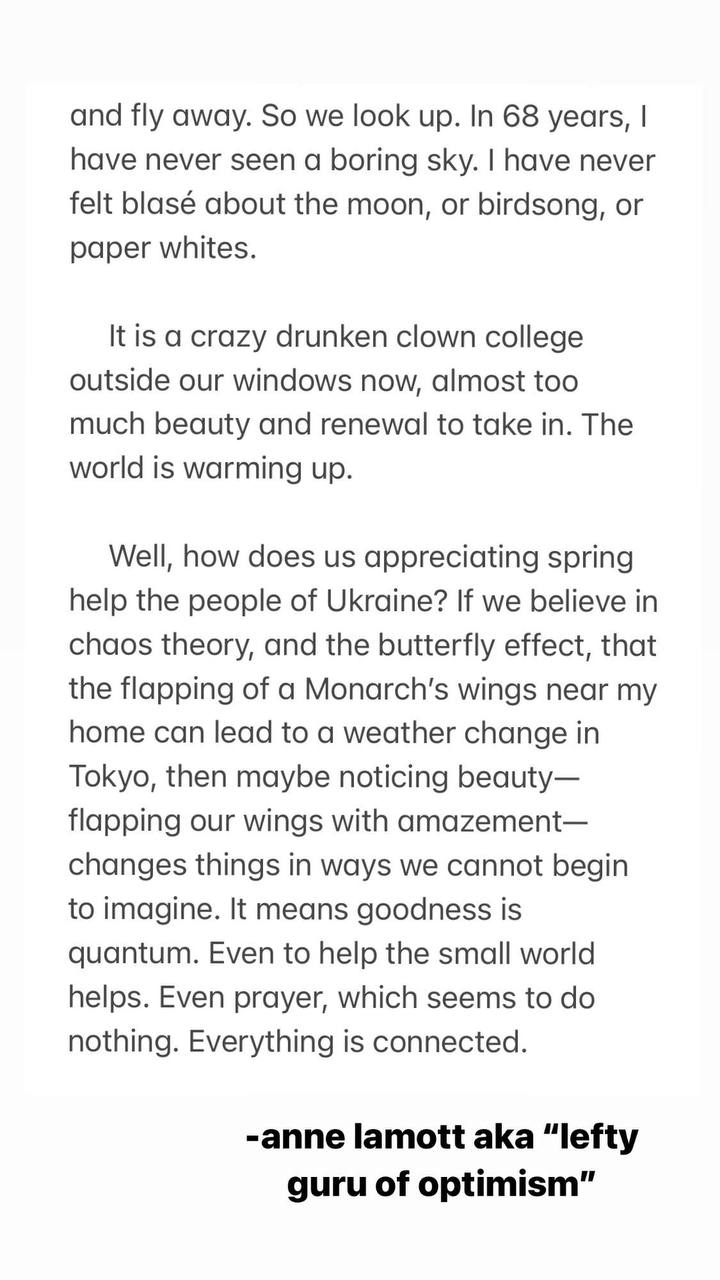
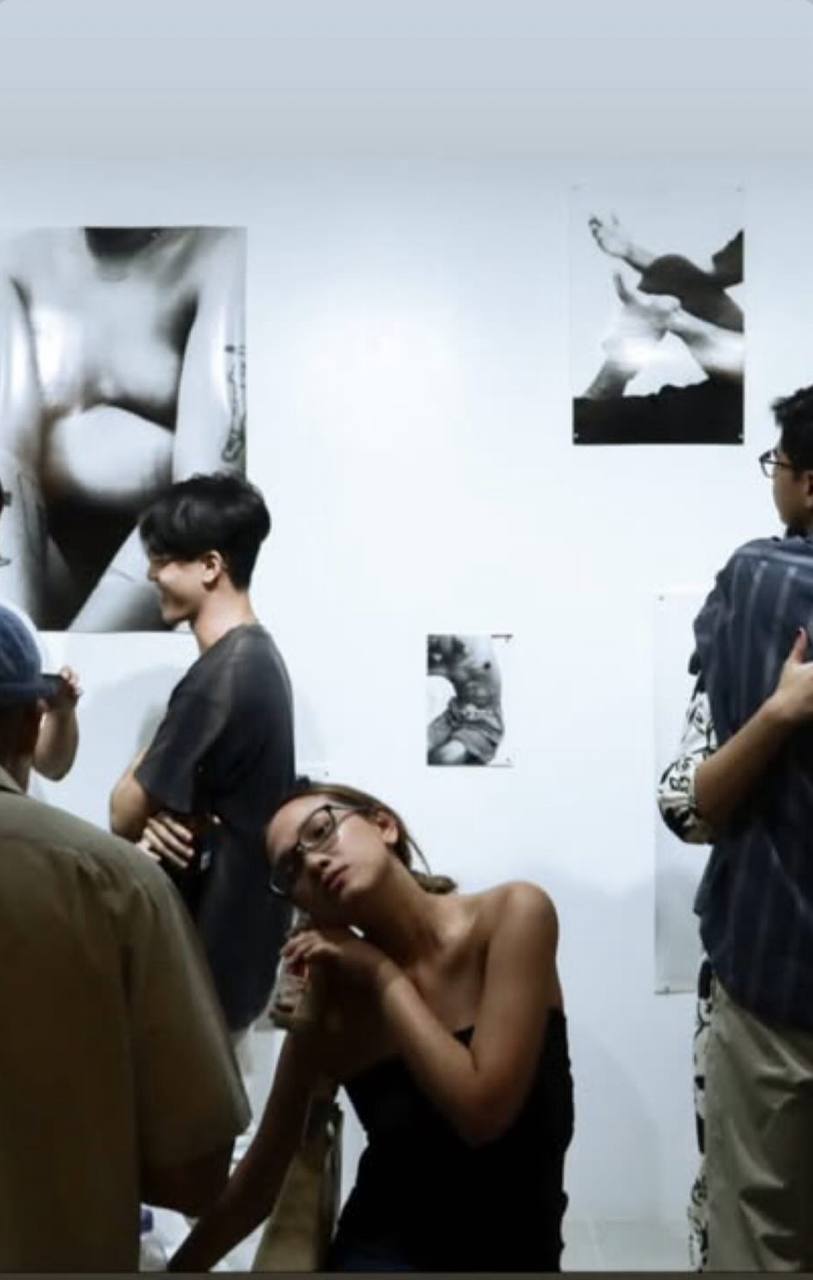
Future-dreaming <3
"If you are loved outside the enclosure of family, the law doesn't care how deeply."
PUBLIC OFFICE IS A PUBLIC TRUST!!!!!!!!!!!!!!!!!!!!!!!!!
Really do not have enough words to say anything that could approximate the pure, pure evil of what is happening in Gaza. Cannot believe we are all watching this cruelty unfold, and somehow still go on with our lives.
A total act of love, unperceived
Shantideva's Chapter 8, Verse 92-94:
"92. Even though suffering in me does not cause distress in the bodies of others, I should nevertheless find their suffering intolerable because of the affection I have for myself,
93. In the same way that, though I cannot experience another’s suffering in myself, his suffering is hard for him to bear because of his affection for himself.
94. I should dispel the suffering of others because it is suffering like my own suffering. I should help others too because of their nature as beings, which is like my own being."
"May all beings be well and happy. Om."
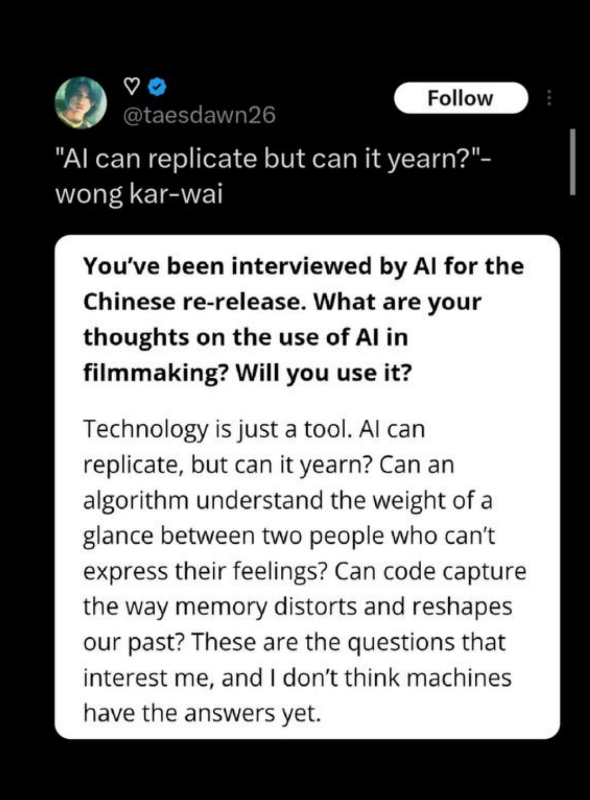
Kung pahihintulutan <3
Those who talk about geopolitics only in terms of strategic defense and national/international security, with almost no thought or consideration of the people and communities on the ground, are soulless. So much intellect, so little heart.
To my complete surprise, I wept when I heard about Pope Francis's passing. :(
Maybe it's the heartbreak of losing a figure who showed us how to serve, how to make sense of our spiritual lives, how to love, how to welcome the least, the last, and the lost, at a time when more and more of our world leaders tap into the worst in us.
Here's an excerpt from activist Chuck Baclagon's piece about the Pope. It resonates so deeply with me. Read his beautiful tribute in full here.
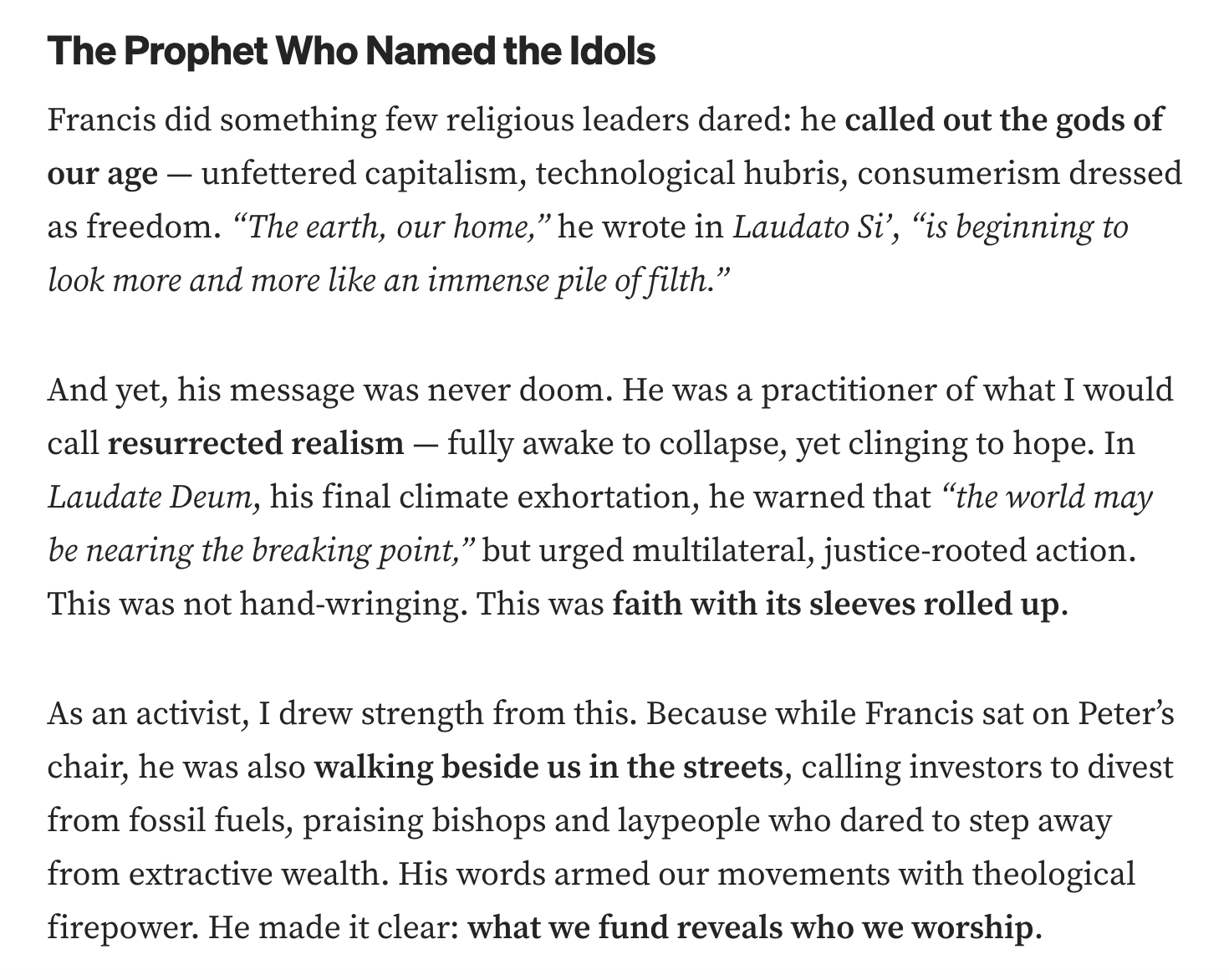
***
I met Chuck in 2017, when I interviewed him and four other activists to talk about anarchism in the Philippines.
I remember asking them how they reconcile living and partaking in a consumerist, hierarchical world order while also pushing for the ideals of a more fair, more egalitarian society. Chuck answered, "Hindi naman pwedeng hindi ka kikilos dahil hindi mo siyang magagampanan ng tuluyan eh. Kasi kung hindi ka kumilos kasi hindi mo siya nagampanan, walang nabago."
[I tried to translate this in English, in my own words, but I couldn't quite properly capture the substance of what he said. But here it goes:]
We cannot stay still, not move, not act for the common good just because we cannot yet fully and wholly espouse the ideals of what we are fighting for. If we do nothing, nothing changes.
There are just things that don't devastate you anymore.
Hanoi exceeded my expectations. The unique brand of cafe culture, the too-low seats that face the streets, the Viet chinoiserie, the French colonial architecture interspersed with Soviet-influenced blocks and spaces, the buzzing pavements, the walkability, the pho, the honor given to revolutionaries, the huge value assigned to solidarity with the working class, the honest remembering of war and pain and struggle. How all so beautiful.
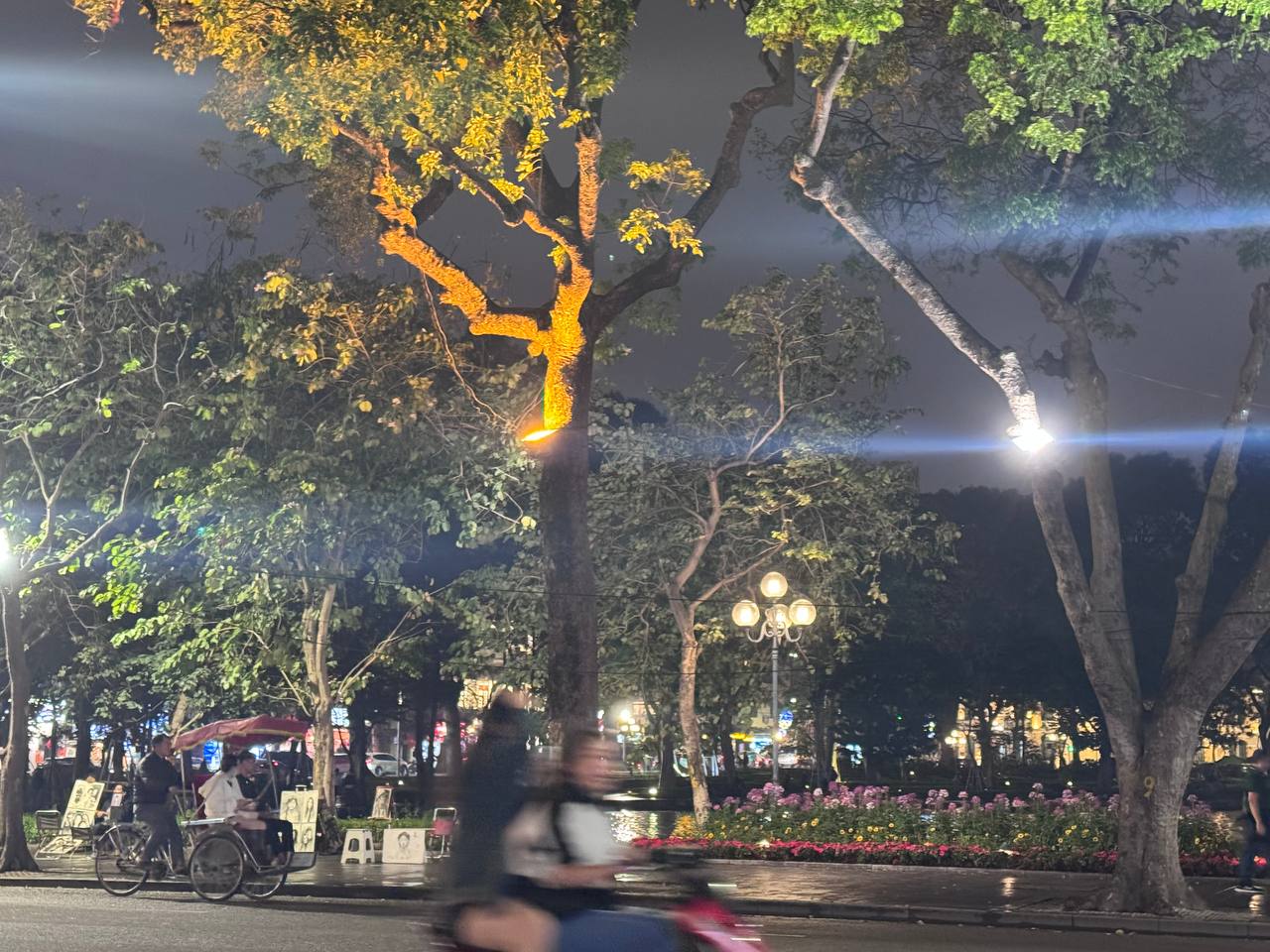
when fantasy becomes untenable
"Bless knowledge, all the species of it — how the small black seed knows to break into the Fibonacci spiral of a sunflower, how we know that when the house burns down and the tyrant takes office and the toe pokes through the last good sock, we still have each other."
<3 <3 <3
First week of the New Year spent sick as a dog, but still trying my best to do travel-y activities so as not to waste our time where we are.
My impulse was to think that this was a bad omen, that maybe I will have an unhealthy year ahead. The hypochondriac in me went so far as to think that this is the year I will discover some serious underlying illness.
But I only had to wake up from my delirium and think differently to consider that maybe it is just the Universe telling me to take better care of my health, to be grateful for those who take care of me, and to cradle the one precious life I have been given.
For the people my heart belongs to <3
Annoying things this holiday season:
1. My lola, a prolific journal-writer, had a collection of journals noting her daily activities throughout her life. All handwritten on paper pages, these were eventually eaten up by termites, so my aunt had to throw everything away.
2. Our finsta was found out by some random tech influencer? There should be some consequence for this -- breach of privacy? -- but also can't be bothered, really.
3. Basement of my grandparents' house was renovated. Not a fan of the tiles and the red couch.
4. I have not been exercising. Vegetating way too much. This is why I can't stay home for more than 5 days.
These days, Havel's words serve as anchor. "Hope, in this deep and powerful sense, is not the same as joy that things are going well, or willingness to invest in enterprises that are obviously headed for early success, but rather, an ability to work for something because it is good, not just because it stands a chance to succeed."
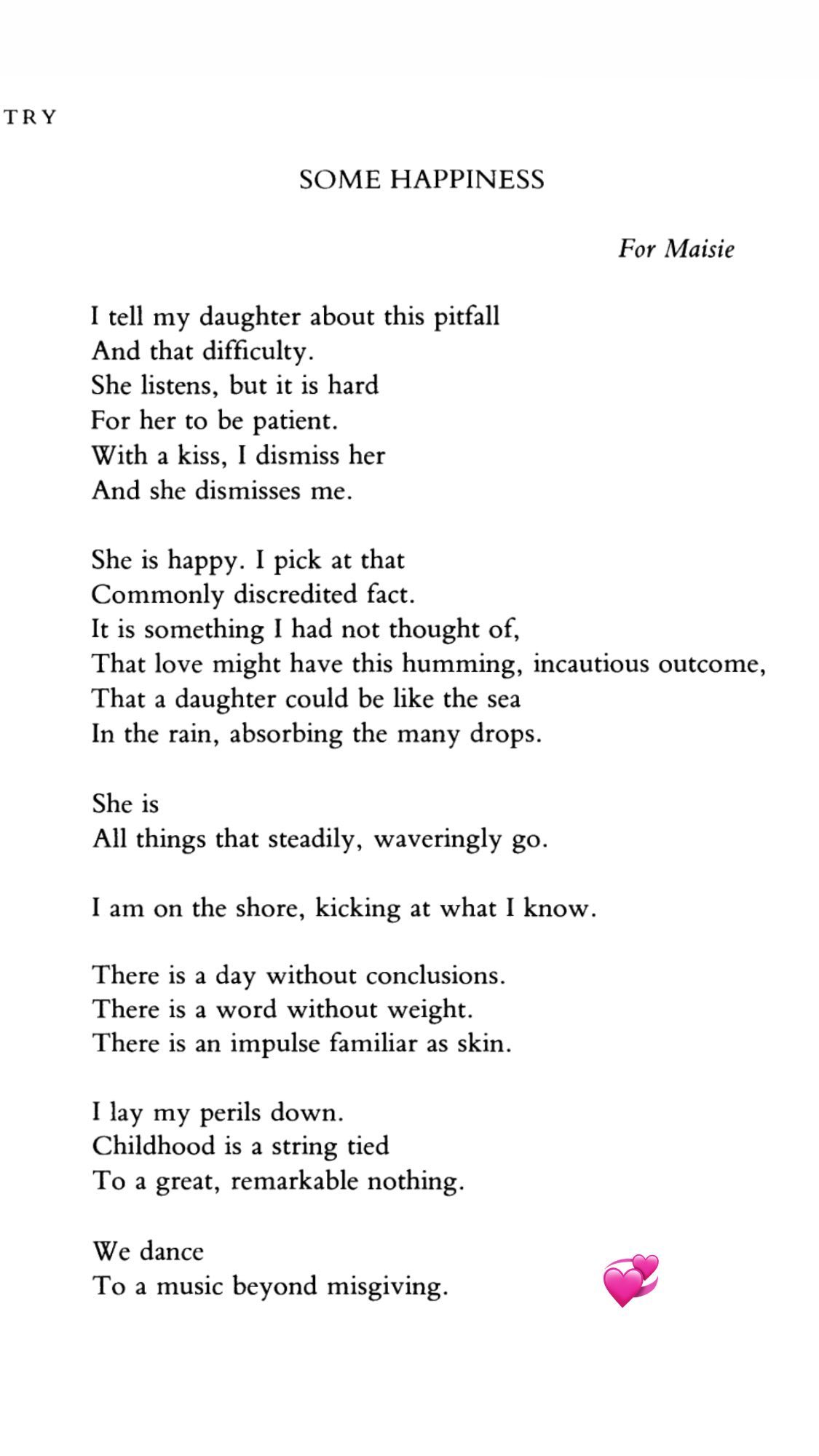
From sir Gigo Alampay (who I interviewed some years ago about his nonprofit that promotes children's literacy and -- very randomly -- whose house my mom stayed at when she was reviewing for the bar exams as a young law student lol)
I just watched the United States elect Donald Trump back to its highest office, and I know that many share my disbelief: how could a people so historically grounded in the ideals of democracy and decency fall for a leader so brazenly at odds with those very values - TWICE!? How does a candidate who is openly immoral, and has been found guilty of crimes that should disqualify him from public office, command such unwavering loyalty?
The answer, I now realize, might lie less in the character of the candidate, and more in the message that he is delivering.
Donald Trump’s appeal, for all its contentiousness, boils down to his ability to speak directly to the disillusioned masses. He taps into frustrations over the economy, a sense of insecurity about immigration, and a yearning for traditional values. Whether he actually believes, much less will deliver on his promises - never mind his open record of dishonesty - is almost irrelevant to his supporters. It is his unapologetic framing of America’s challenges - delivered in a way that resonates with many who feel left behind or unheard - that has propelled him back to the White House.
Trump’s critics focused on the man himself: his personal indiscretions, his moral deficiencies. But for the majority, as verified by the election results, it was his message that spoke louder.Contrast Trump with Vice President Kamala Harris, a candidate of proven decency, experience, and respect for democratic institutions. Harris positioned herself as a staunch defender of civil rights, democracy, and a government that serves marginalized communities.
Yet her moral character and qualifications may have actually been undermined by her role in the current administration, as she found herself burdened with defending the Biden record on issues like inflation and border policies that have disappointed many Americans. Her efforts to frame the debate around the protection of democracy and civil rights, though noble, left some voters feeling disconnected from the more immediate, tangible issues that affect their daily lives. It was her inability to distance herself from Biden's policies and record (perceived by many to have been failures) - and not her values - that ultimately became the fatal liability.This phenomenon isn’t exclusive to the United States.
In recent years, we in the Philippines witnessed a similar trend. In 2016, we elected a mayor from Davao known for his brutal (and illegal) approach to crime, and then chose the son of a dictator as his successor in 2022.
Each time, viable, morally superior candidates who represented democratic ideals and decency were passed over in favor of figures who channeled something deeper: a raw reflection of the public’s anger, fear, and disenchantment with the status quo. In both cases, voters were not necessarily endorsing the Duterte's or BBM's values; they were voting for a vision of change, no matter how morally complex or even disturbing getting to that change might unfold.
This is the hard truth and lesson that democracies around the world must learn: a candidate’s character, qualifications, and even basic decency may matter less in today’s political landscape than his or her ability to tap into the public’s visceral needs and fears. And while it’s easy to see this as a failure of moral discernment, it is perhaps more instructive to view it as a lesson in political communication.
A candidate who understands and articulates the actual feelings and sentiments on the ground, and who isn’t afraid to channel the frustrations and anxieties of the people, holds a decisive advantage. Morality, essential for governance to be sure, is just an afterthought that can be brushed aside by people struggling to afford groceries, fearing for their jobs, feeling unsafe when walking down the street, or anxious that their way of life is slipping away.
This is not a call to abandon character as a criterion for leadership. It is however a reminder that character alone is not enough, nor decisive. In both the U.S. and the Philippines, we have now seen what happens when morally superior candidates fail to connect with the electorate’s most immediate concerns. The electorate may well choose a deeply flawed leader if they decide that he or she “gets them” and is prepared to fight for the issues that they care about.
If we continue to focus simply on persons (whether by building up our candidate, or tearing down the other) rather than the message, we will be revealed as incapable of learning, and only destined to fail. Politics today is as much about perception and resonance, as it is about policy.
Democracy is not merely about offering the best candidate.It is about giving people the sense that their voices are being heard, and that their fears are going to be addressed.

Before this completely escapes my mind: I had a wonderful workshop a month ago. It felt like a dream, with the most varied, most interesting characters, all gathered in a strange, obscure place. Perhaps why I keep forgetting, perhaps I keep thinking it wasn't real.
Prelapsarian
any love i showed you is yours to keep <3
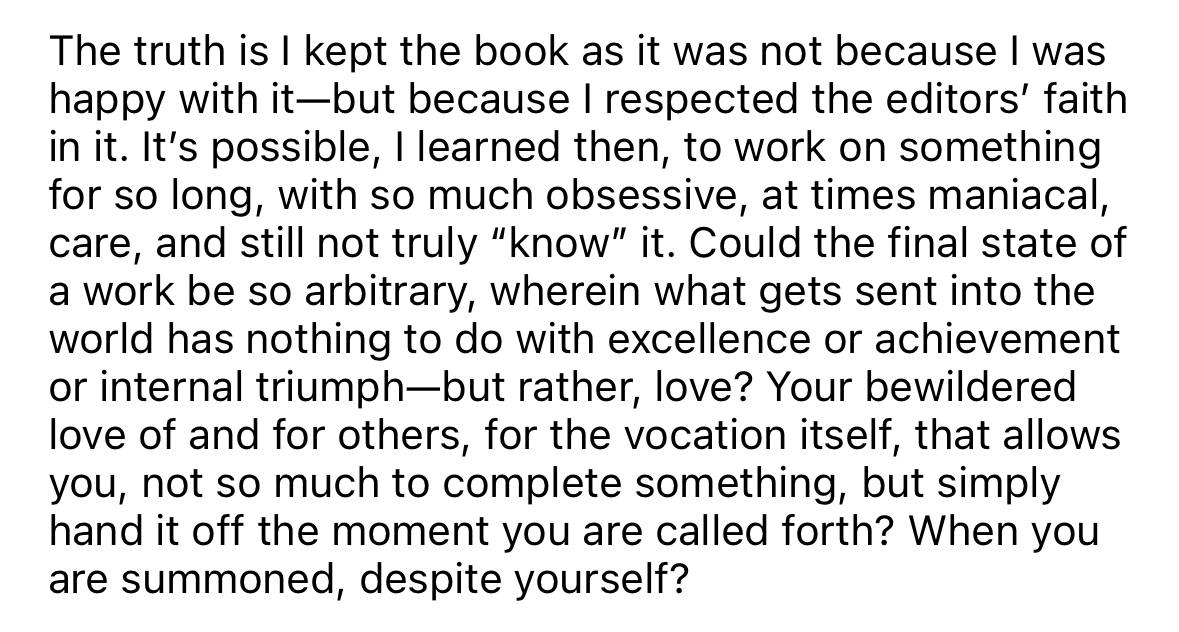
The obligation to lift others up
Cannot count how many times I cried every time I saw Team Philippines (onscreen lol) in this year's Olympics (lol)! We know that our athletes endured SO MUCH, soldiering on even with very little support from the State and the general public, giving their all — despite unimaginable odds — to proudly represent the country that raised us.
HUHU I LOVE YOU GUYS, esp. EJ (lol)
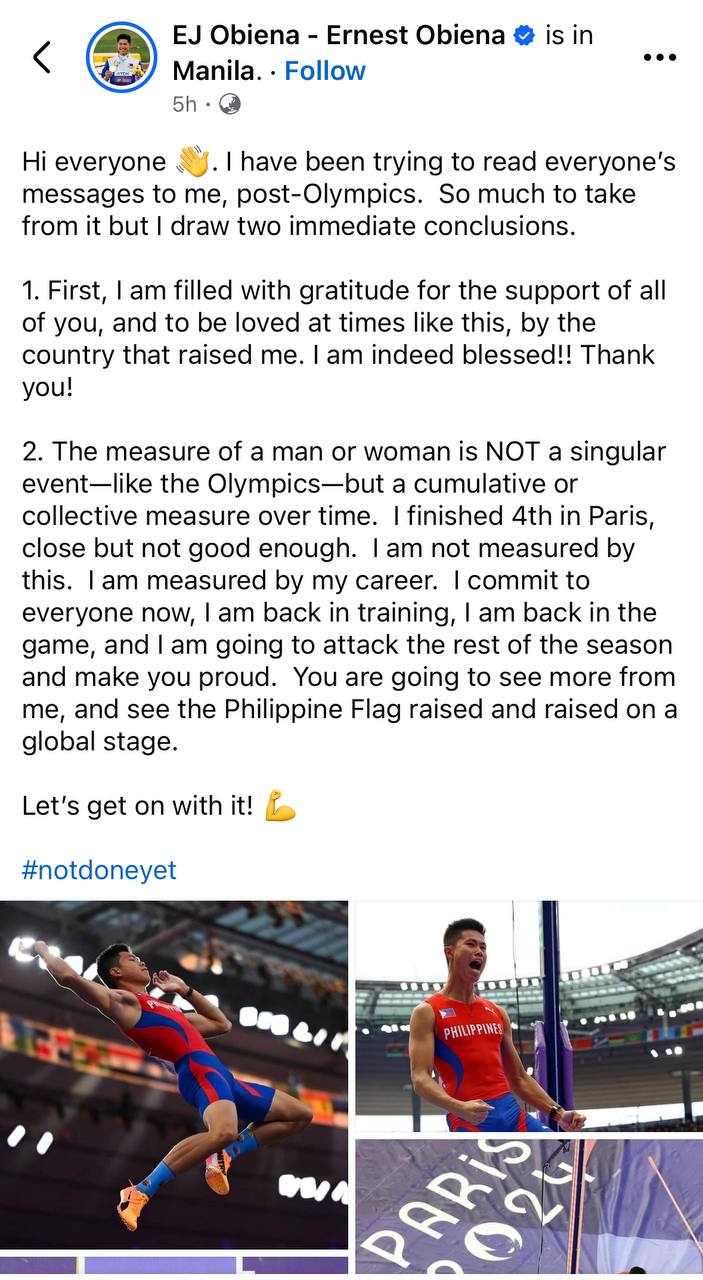
2013 anthem of our lives
Today, Iloilo is jubilant because the President has approved the completion of the Jalaur Dam in our province.
I am, however, a tad bit sad that there is no recognition whatsoever for Lolo Cardo, my grandfather's brother, who first conceptualized the project in the 1960s.
Maybe I'm also feeling this way because I just finished reading the biography written about him (published many decades ago but my uncle recently unearthed a copy) and felt very proud of his service to the people of Iloilo.
It also got me thinking about legacy, how we want to be remembered, how to leave a mark. And on the flip side, how we can simply disappear into oblivion, fade into memory, be forgotten.
Anyway, just really want this out there so when future generations look into Jalaur Dam, perhaps this entry would pop up, and maybe our family name would ring a bell?
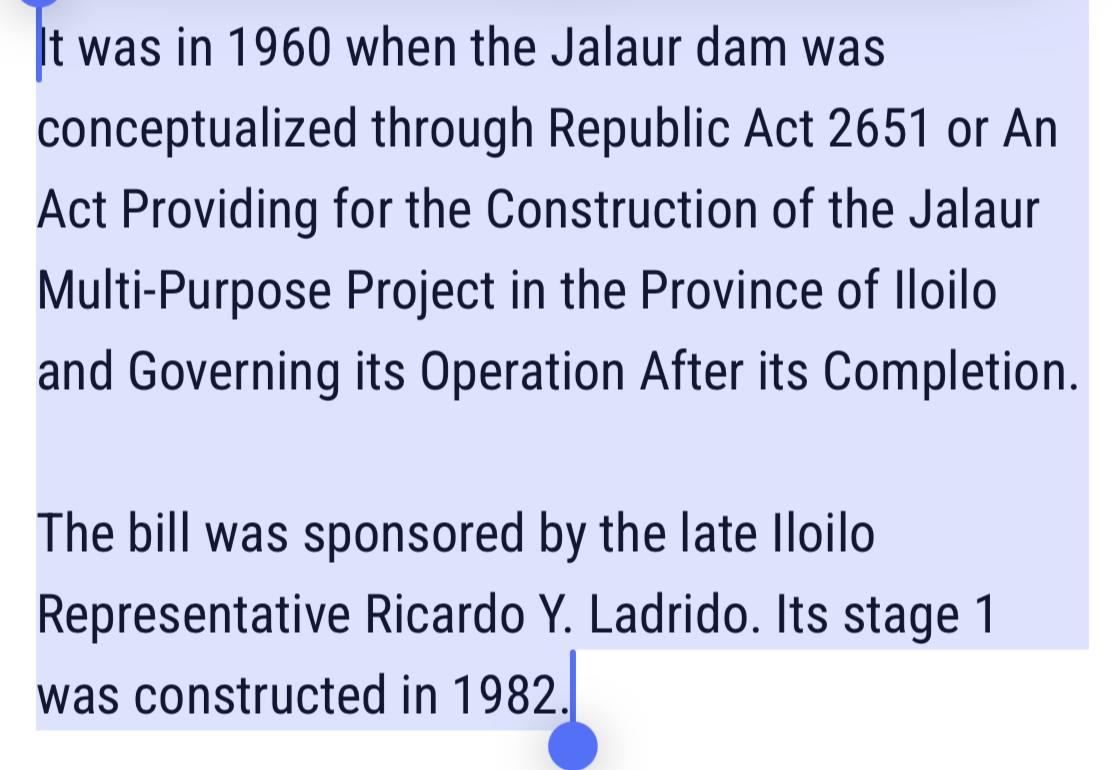
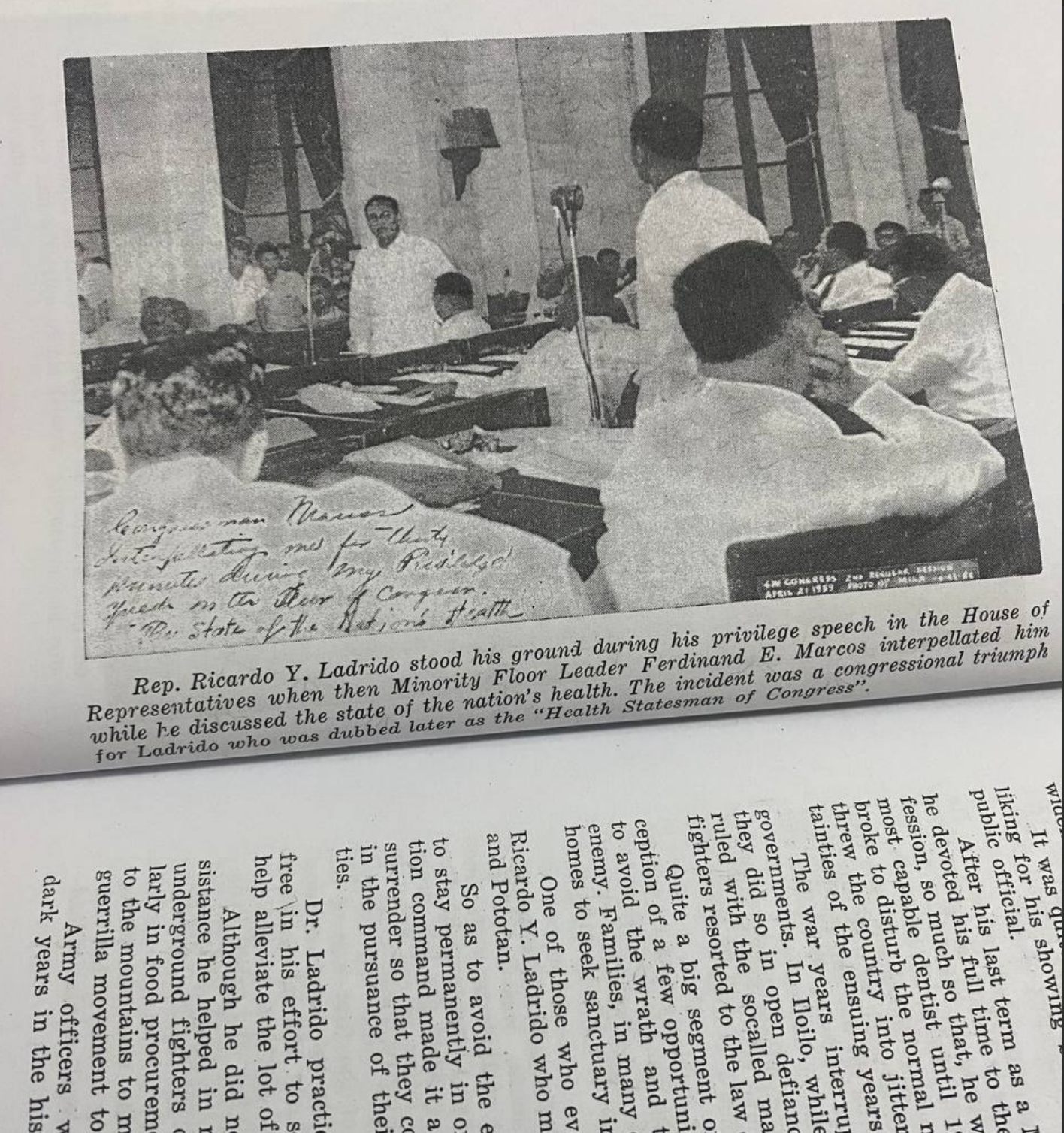
Cast timidity out of our hearts. Bloodied but unbowed. Fight!
Are you really a feminist if you cannot betray your own social class
Less than ideal
Less than romantic
Since I've sworn off Twitter, I'll just fully use this website for random thoughts that I still somehow want the internet to know (lol).
My current thought (amid the terribly busy work days I've had since coming back from travels): "SOMETIMES I JUST WANT TO MAKE ART PLAY SPORTS LEARN NEW LANGUAGES JOURNAL READ TRAGIC AND HILARIOUS BOOKS MEMORIZE A BRITNEY SPEARS CHOREOGRAPHY SLEEP FOR MORE THAN 8 HOURS EAT EAT EAT AND HANG WITH MY GODCHILDREN!!!!!!!!!!!!!!"
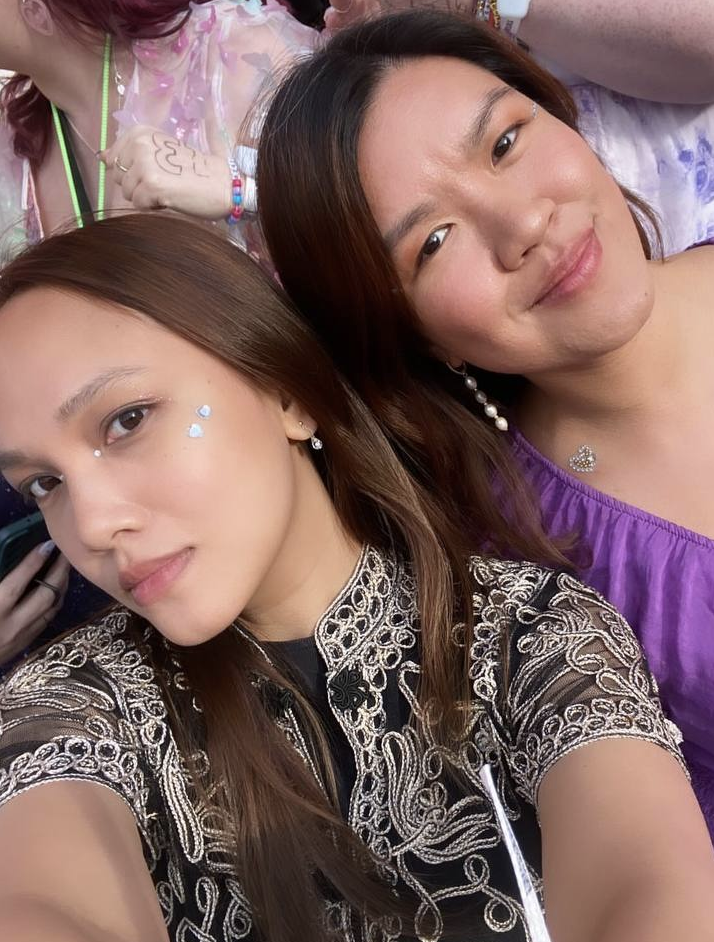
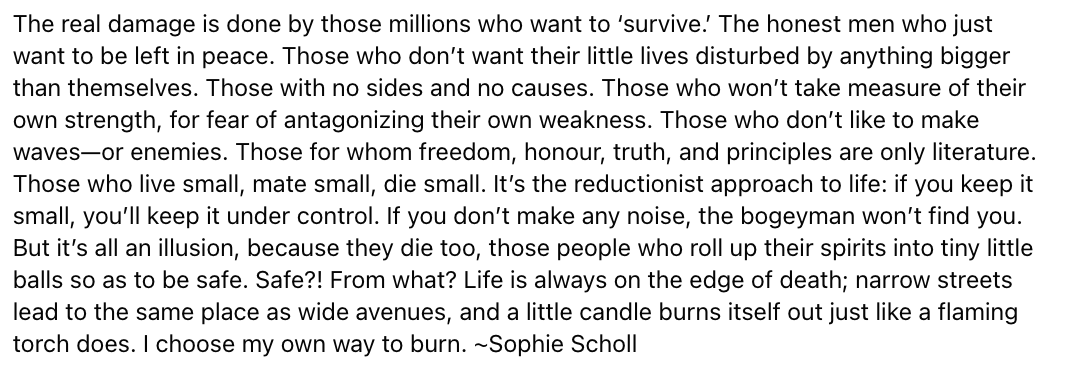
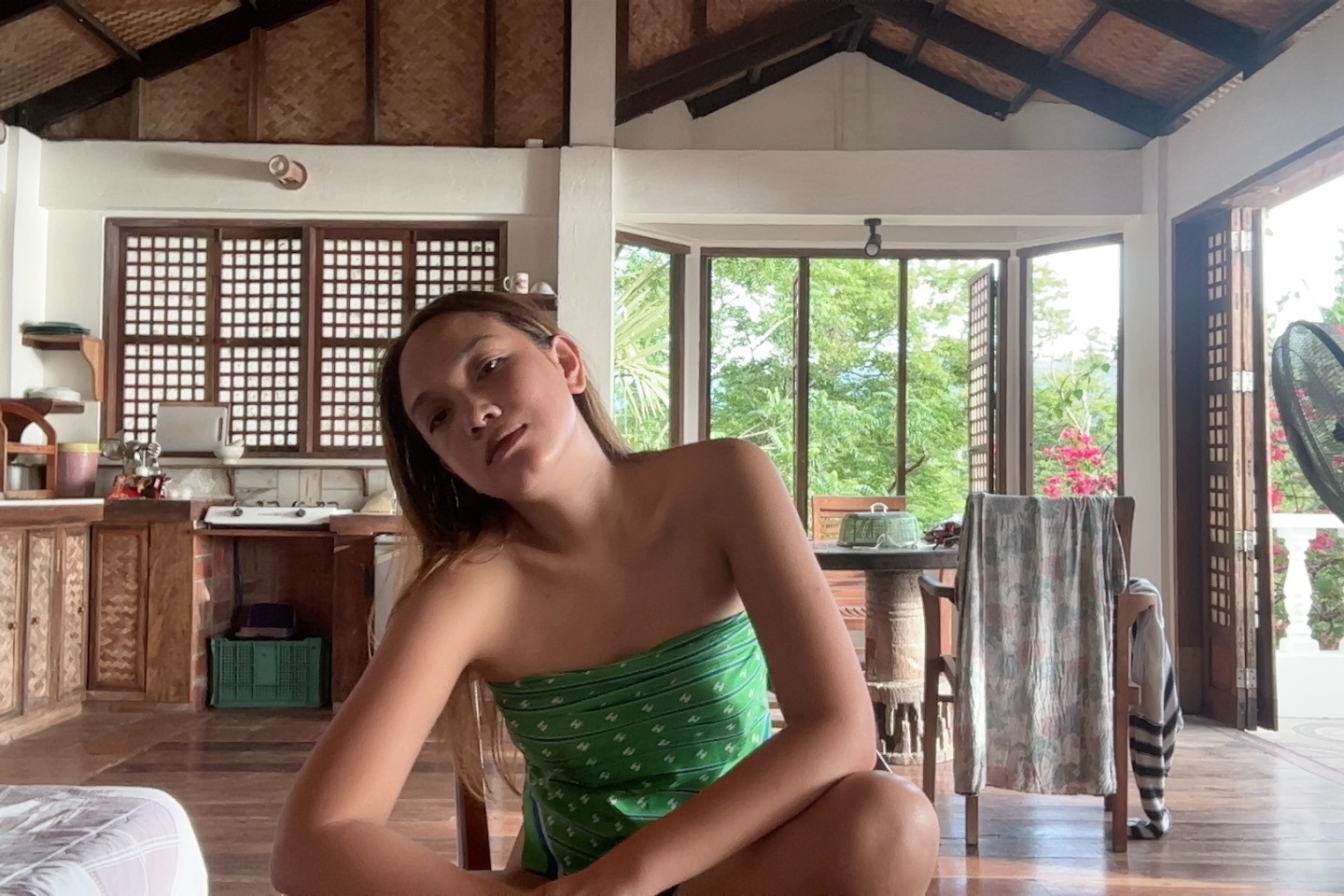
All the bullying, harassment, and abuse of trigger-happy nations do make me want to call on aliens for help. May or may not have binged the 3 body problem.
It still shocks and saddens me how ignorant some can be about the woes of the world, the realities of the most vulnerable, the suffering of others. I just cannot relate to people who can only think about themselves. At best, they confound me; at worst, they disgust me.
I struggle with these feelings because I don't quite like my impulse of passing judgment on those who lead life this way. Who am I to impose what is meaningful or not? Who am I to say what is important? What is of value? What matters to us as people?
Who are we?
Last year, Rio Constantino, a training biologist, won the Palanca Award for his beautiful essay about battling cancer, one I reread over and over, reveling in feelings of hope and fear and wonder.
I was so moved by his writing that I immediately subscribed to his substack. His most recent entry is a Valentine's Day piece about the rarity of true love, explored in relation to what makes a rare thing "rare" in terms of biodiversity science.
He wrote about the Mindoro Bleeding-Heart Dove, a species so striking and elegant I have now made it one of my life's missions to look for it in Mindoro:
"To illustrate why rarity is a matter of such surprising scientific importance, let’s consider the Mindoro Bleeding-heart Dove. This bird is about the same size as most other doves. It has the same short neck, the same fluffy chest, and similarly broad wings. It has a puffy frame just like the more common Zebra Dove, which lives throughout Southeast Asia. Yet where the Zebra Dove is as ubiquitous as sand – present as it is in Metro Manila, Kuala Lumpur, and Jakarta, as well as many other cities and their surrounding environs – the Mindoro Bleeding-heart is rarer than gold. The species is endemic to its home island; it can be found nowhere else on earth.
Why? The Mindoro Bleeding-heart has wings. It can fly. The open air over water is presumably just as inviting as that over land. Mindoro lies close to other islands, like Luzon to the north and Tablas to the east. It should be easy to travel abroad – just ask the Zebra Dove. Yet the mournful Bleeding-heart refuses, a paragon of secret grief, choosing instead to stay in its fading forest home, baring the flaming teardrop on its chest where only the tired trees can see."
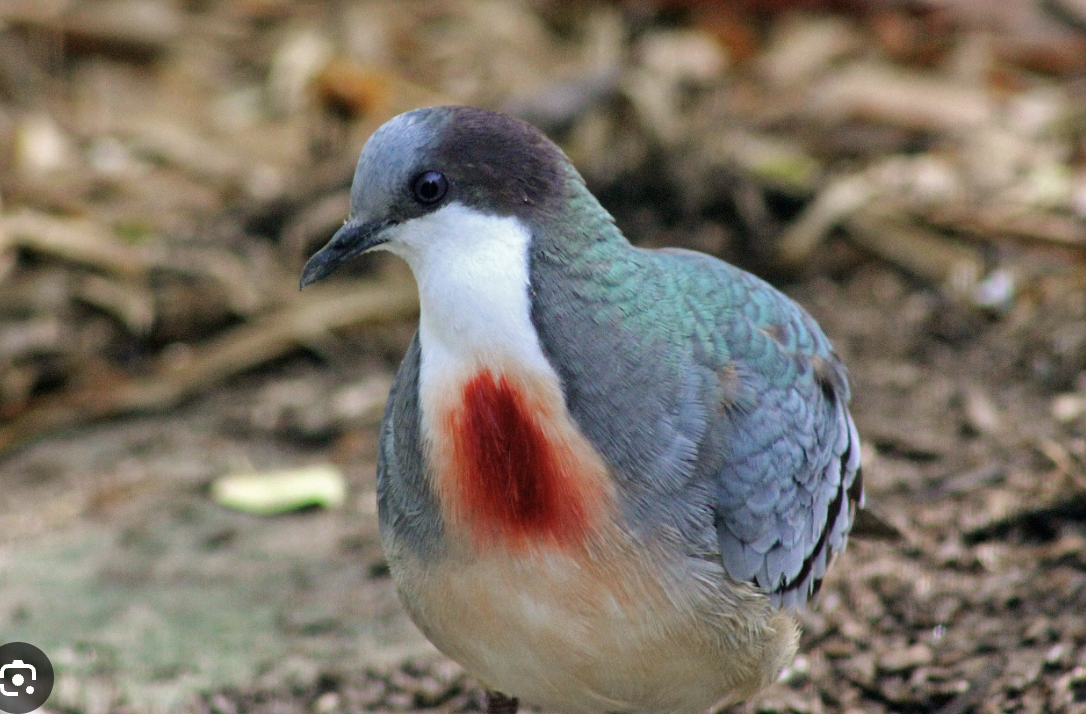

For reasons not yet known, it has chosen to never flee from our little island in the Philippines even when it can perhaps inhabit some other, more bountiful place. How wonderful is it to imagine that it just simply wants to stay. Love this dove <3
“Capitalism has no land left to cultivate but the self. Everything is cannibalized — not just goods and labor, but personality and relationships and attention.” --Jia Tolentino
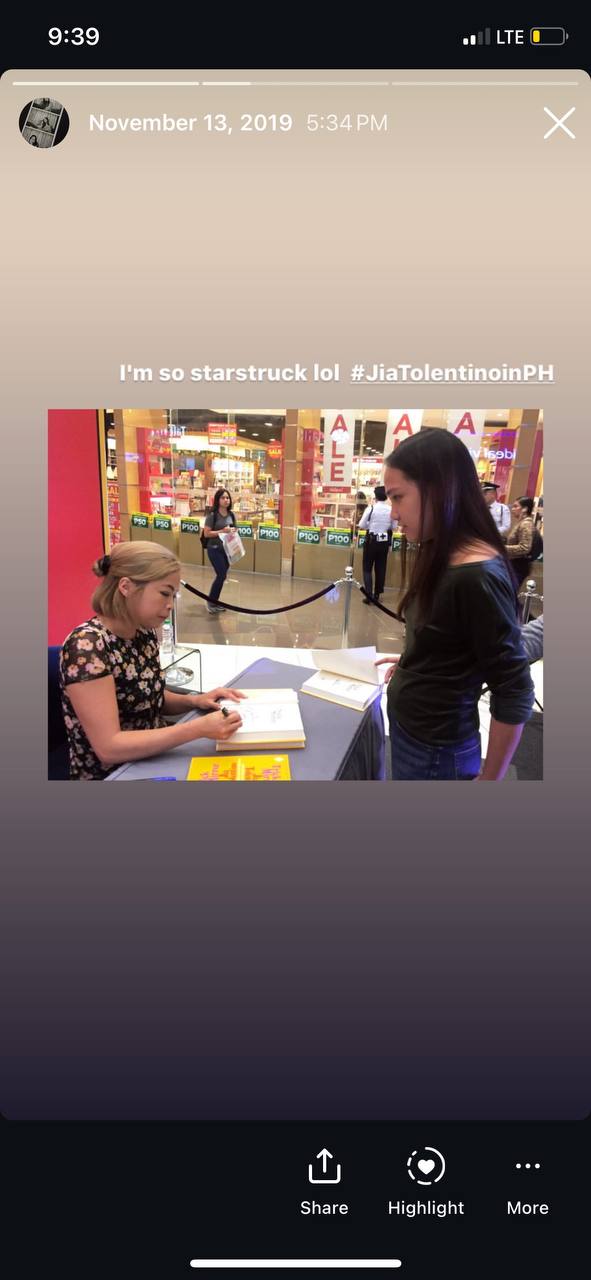
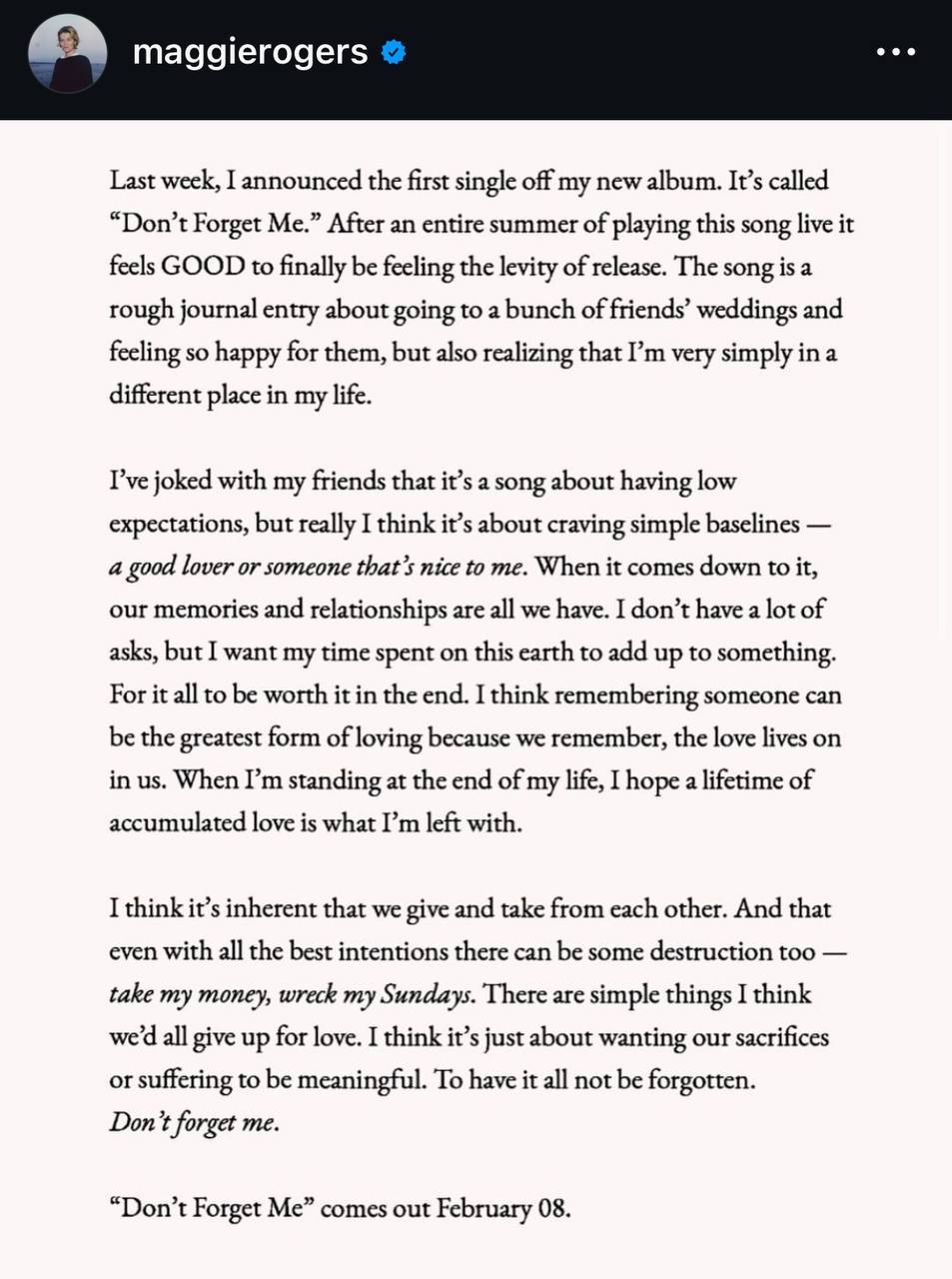
I was not entirely surprised that CNN Philippines shut down BUT I did not think for one moment that all the work we — past and present staffers — put our hearts and souls into would be wiped out in a snap. Stories, textures, sounds, images of Filipino life, gone. A record of history, erased.
I do not have the energy to fight and grieve.
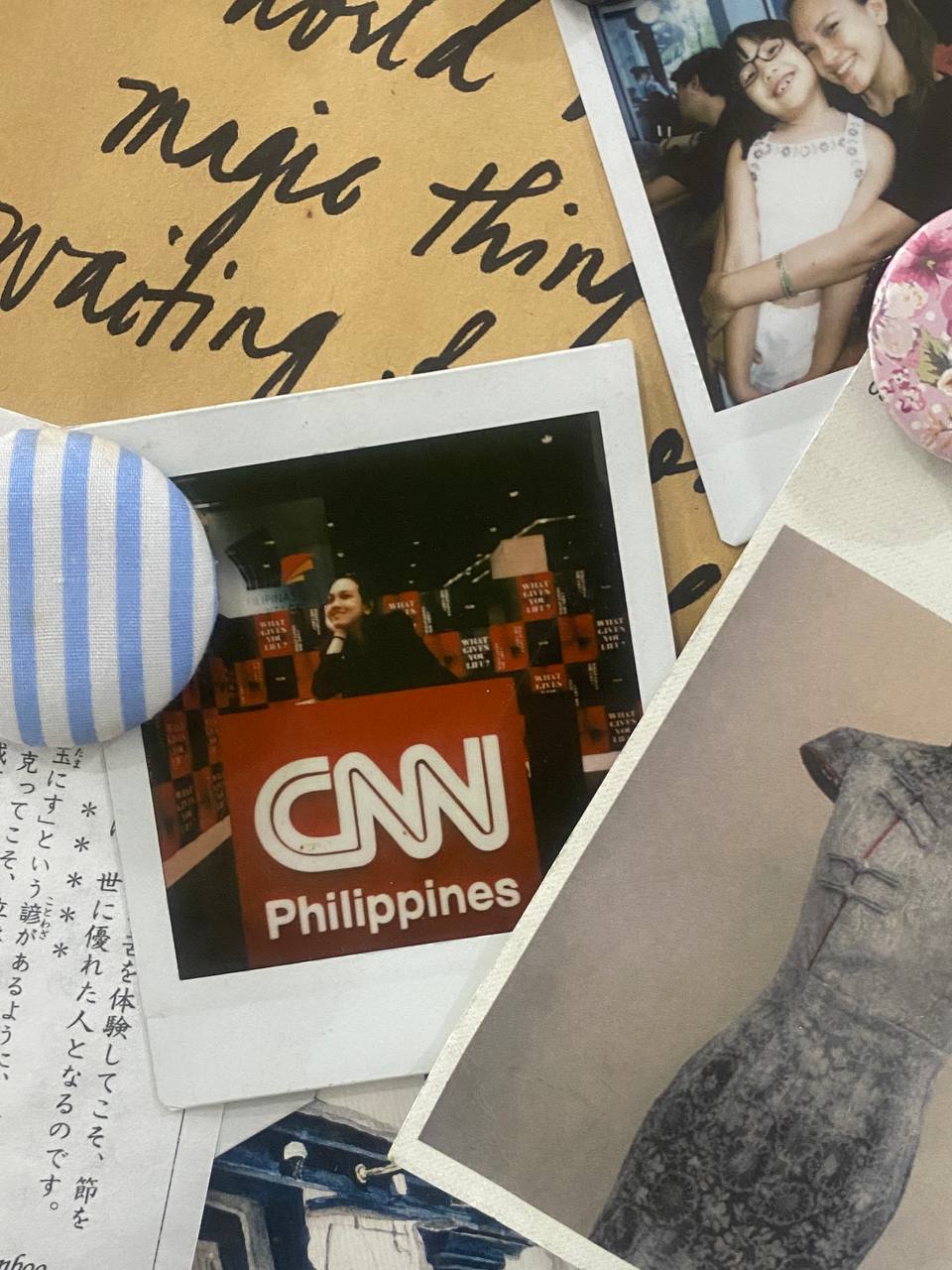
Steven Yeun — who I adore as an actor, especially as he wears his spirituality on his sleeve — won for his performance in "Beef," and he accepted the award with such humility, teetering on the verge of tears, saying "I am just a recipient of a long line of compassion, and love, and protection, and good will."
May we all be so lucky. <3
Choosing what to pay attention to. Diverting energies to ideas, visions, details, & moments that bring us joy. Taking the good & the bad, in equal measure.
half its violence, all its love
Happy new year to all who love endings & beginnings!
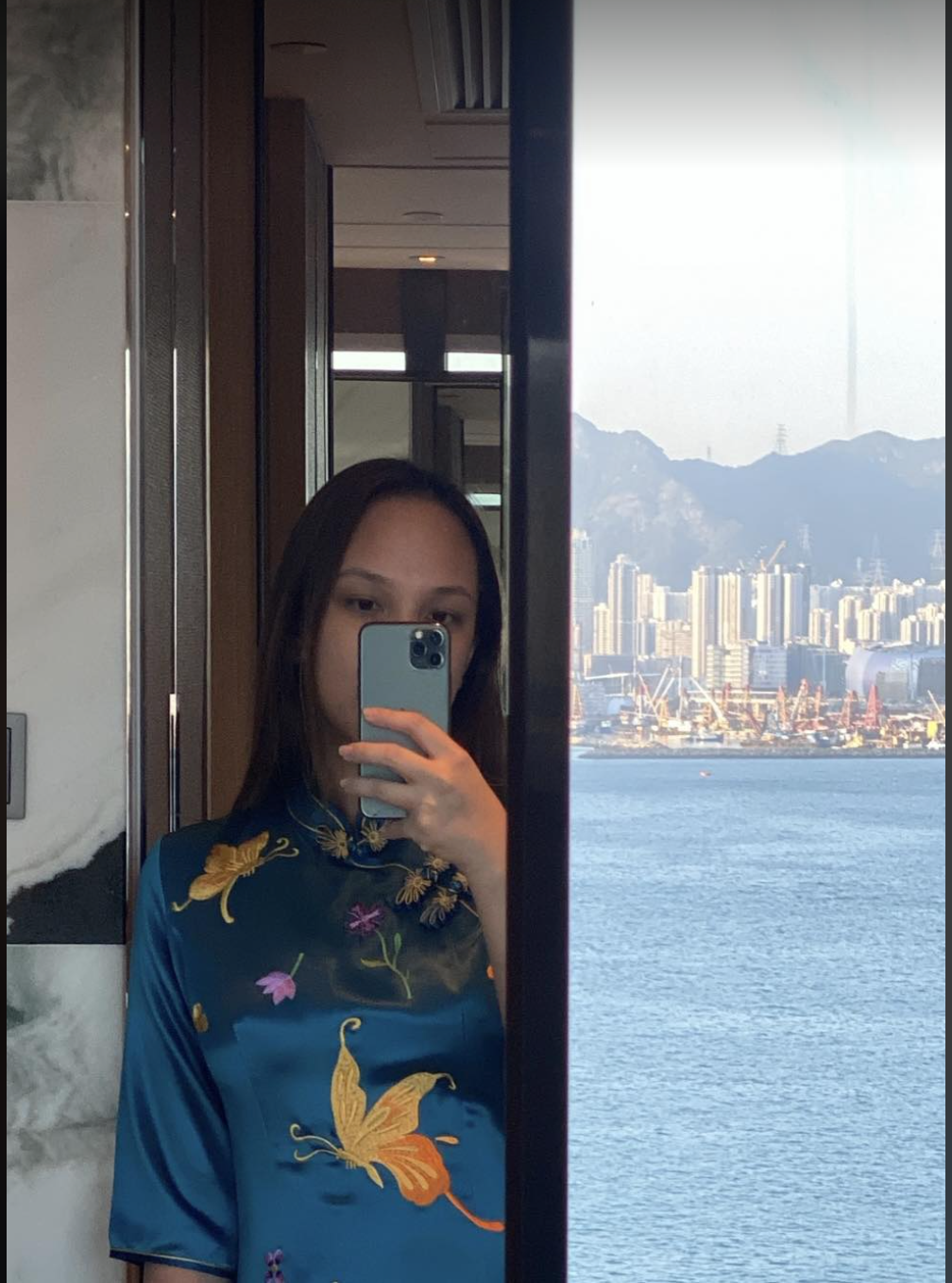
OUT: uncontrollable crying, cults, sugar, pork, fear of saying no, inebriation, tweeting, bad fried chicken, zits, the blue of distance, abandonment, poison
IN: tights, new reservoirs of old love, on shoes, yoga at home, essential mysteries, vegetables, generosity, profound enduring friendships, pankou knots, strength, fruits, ceasefire


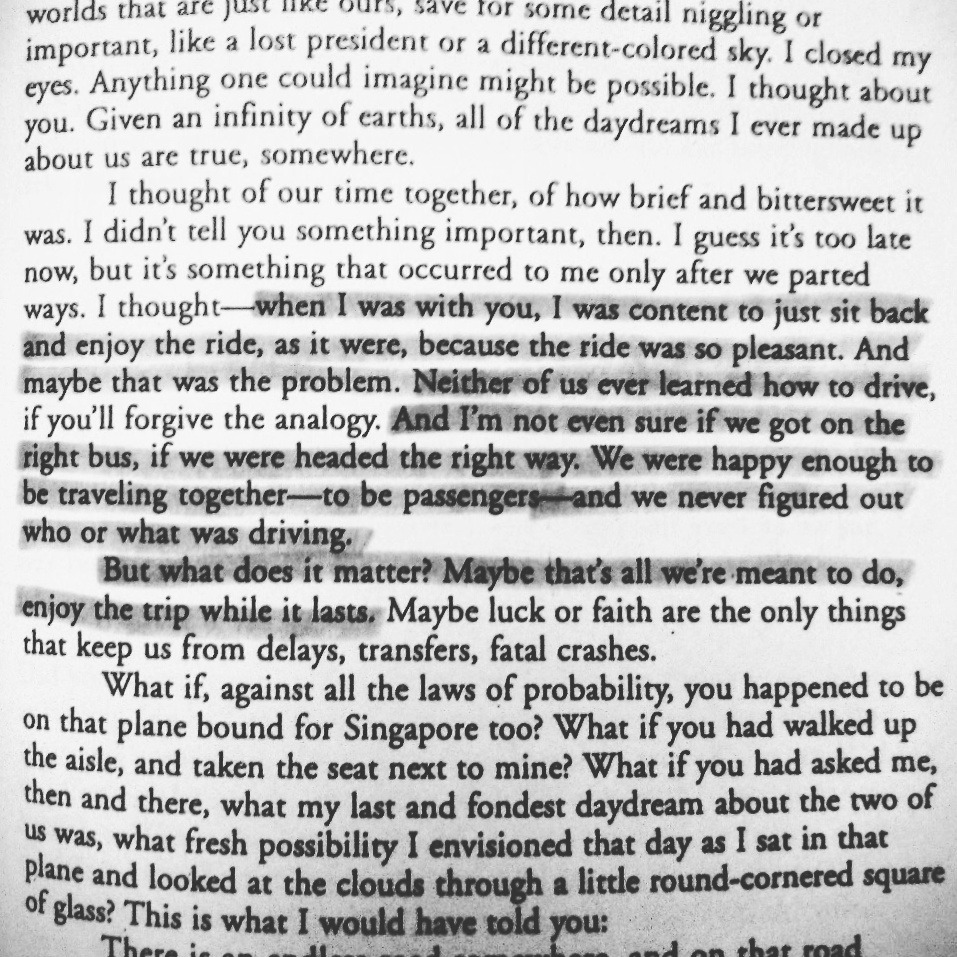
Grant me the capacity to be more patient towards people with different political beliefs.
The most radical of political faiths: democracy.
Politics as a matter of shared self-interests.
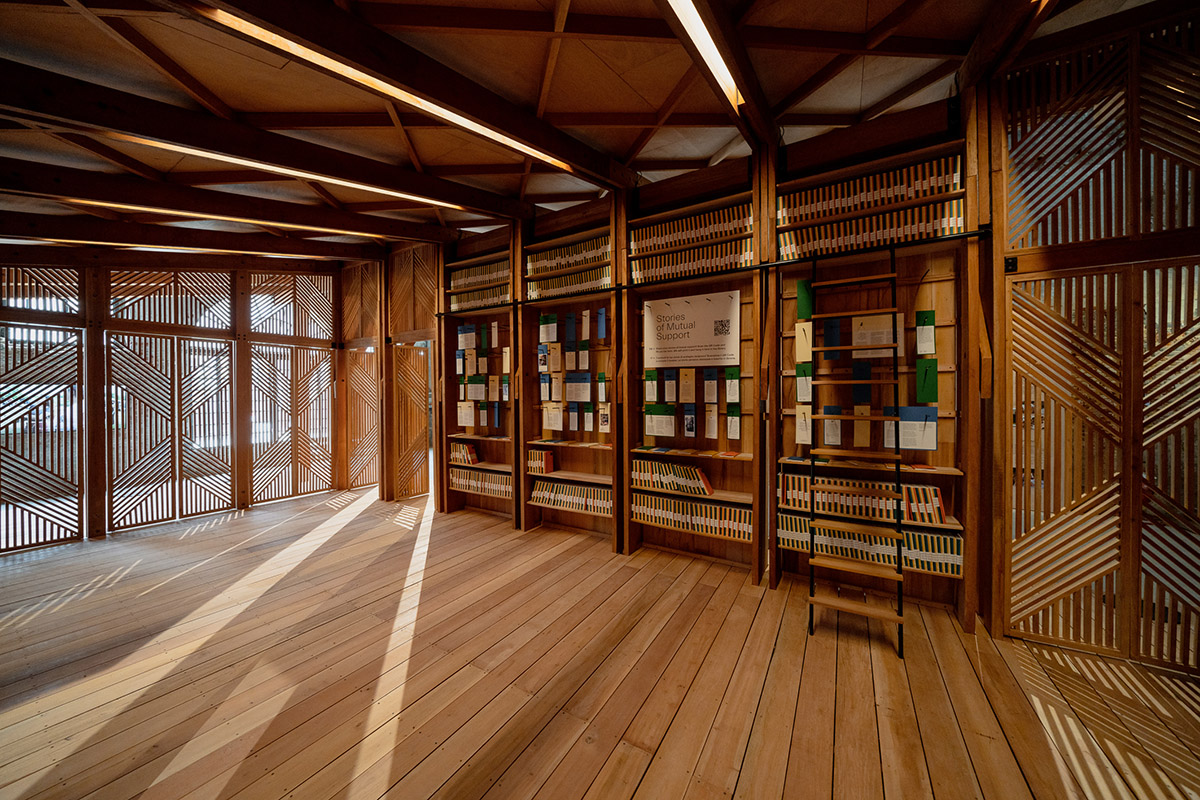
Incredibly honored to have produced solutions stories about COVID-19 community initiatives from around the globe, currently displayed at the 2021 Venice Biennale Philippine Pavilion titled “Structures of Mutual Support.” (see picture above, photo by Andrea Avezzu)
In the intro to these stories, I wrote (excuse me while I quote myself lol): The global pandemic forced us to see what has long been neglected by many institutions — proper health care, social welfare, job security. It is a tragedy, one that left many with an inexplicable sense of grief. But often, there’s a humility to tragedy that drives individuals to care about something larger than themselves. These array of community-led initiatives — from a neighborhood in New York to a town in Kenya — hinted at a society that could work together for the common good, for the world as it ought to be.
Forever thankful to architects Alex Furunes and Sudar Khadka for inviting me to join this project. They visualized, designed, and built this beautiful library along with community members of Brgy. Engkanto, Bulacan. The library will then be given back to the community for their use after the show in Venice.
I had covered Alex and Sudar's work in Tacloban — which employed the same process of actively engaging community members in architectural production — before doing this project. Since learning of their process, I can't seem to look at architecture the same way again. I remember Sudar saying how architecture is like our third skin, clothing our second. I studied clothing technology in college, so I can easily glean meaning from the value of clothing, but for the longest time, architecture for me only meant good design, ergonomic spaces, and maybe sustainable structures. The value it has for a community was never articulated for me, until I met them.
Here's an excerpt from the CNN piece I wrote about the community space they built in Tacloban for victim-survivors of Typhoon Haiyan that I think succinctly encapsulates their vision:
After over 100 workshops and three years of construction, the organizations and the community finally built the study center, together with an office and an orphanage. Furunes (Alex) says that the collaboration was vital in designing and building something that carries meaning to every individual involved.
“The essence of architecture is not space, but the meaning embodied by space. Thus, space becomes architecture when given meaning,” Khadka (Sudar) adds.
“Finding shared meanings allows people to connect more deeply with architecture and the built environment in general. When people lose this connection, we end up with cities which are soulless.”
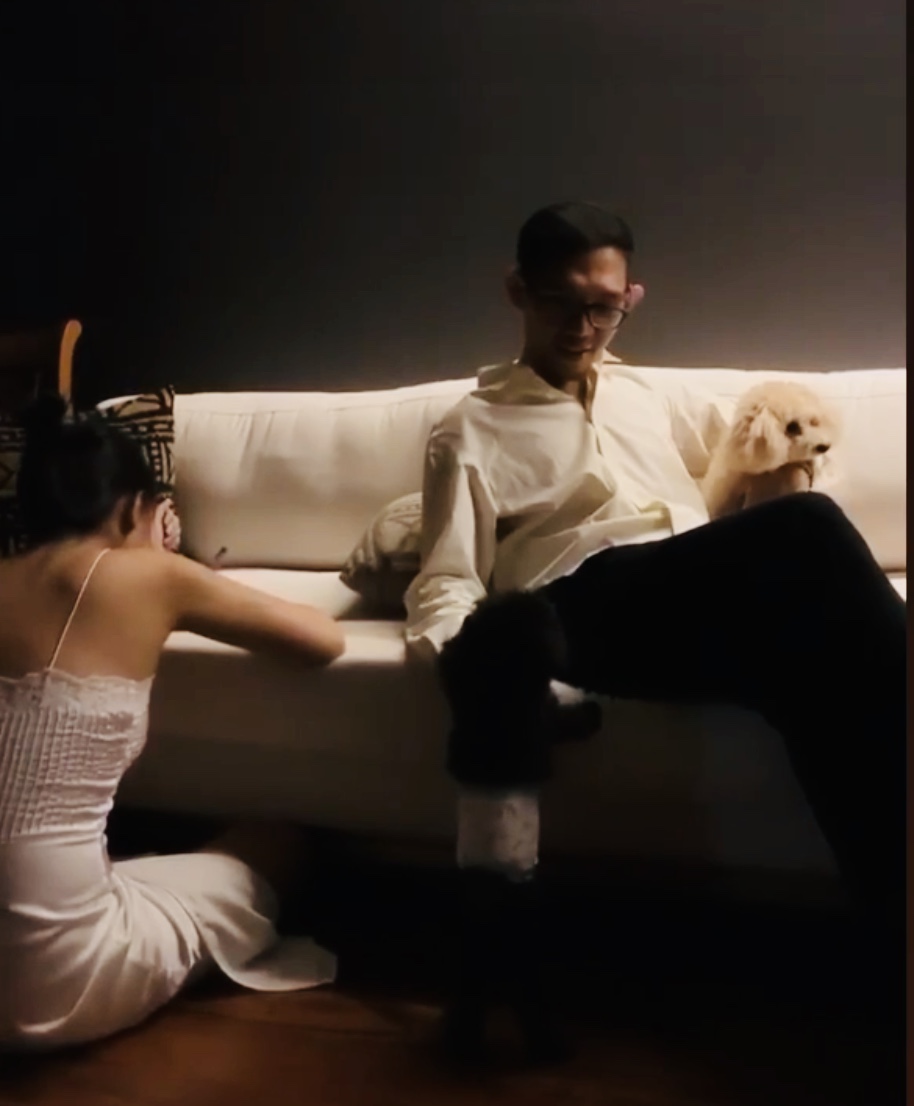
Every December 31st, a few minutes before midnight, I sit down and write about every single thing I’m grateful for. The list is a mix of broad statements and v specific moments.
It’s revealing how I still, inadvertently or not, would be grateful for little heartbreaks.
However, analysing this exercise a few days after the high of the new year subsides, it makes me think if I truly am grateful for these heartbreaks or if I only repackage them as ‘things I’m grateful for’ purely out of self-preservation.
If I can’t be grateful for them, for the suffering, for the pain, what use do I have for them?
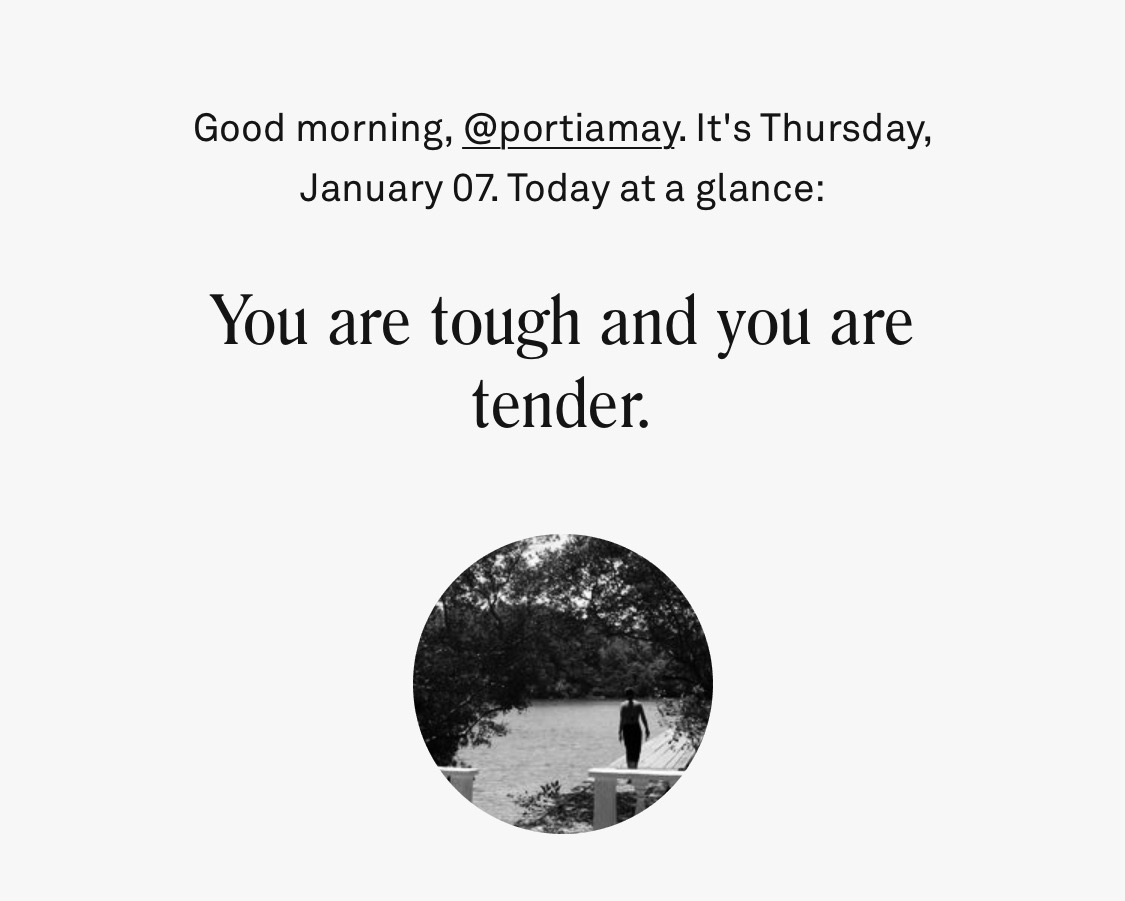
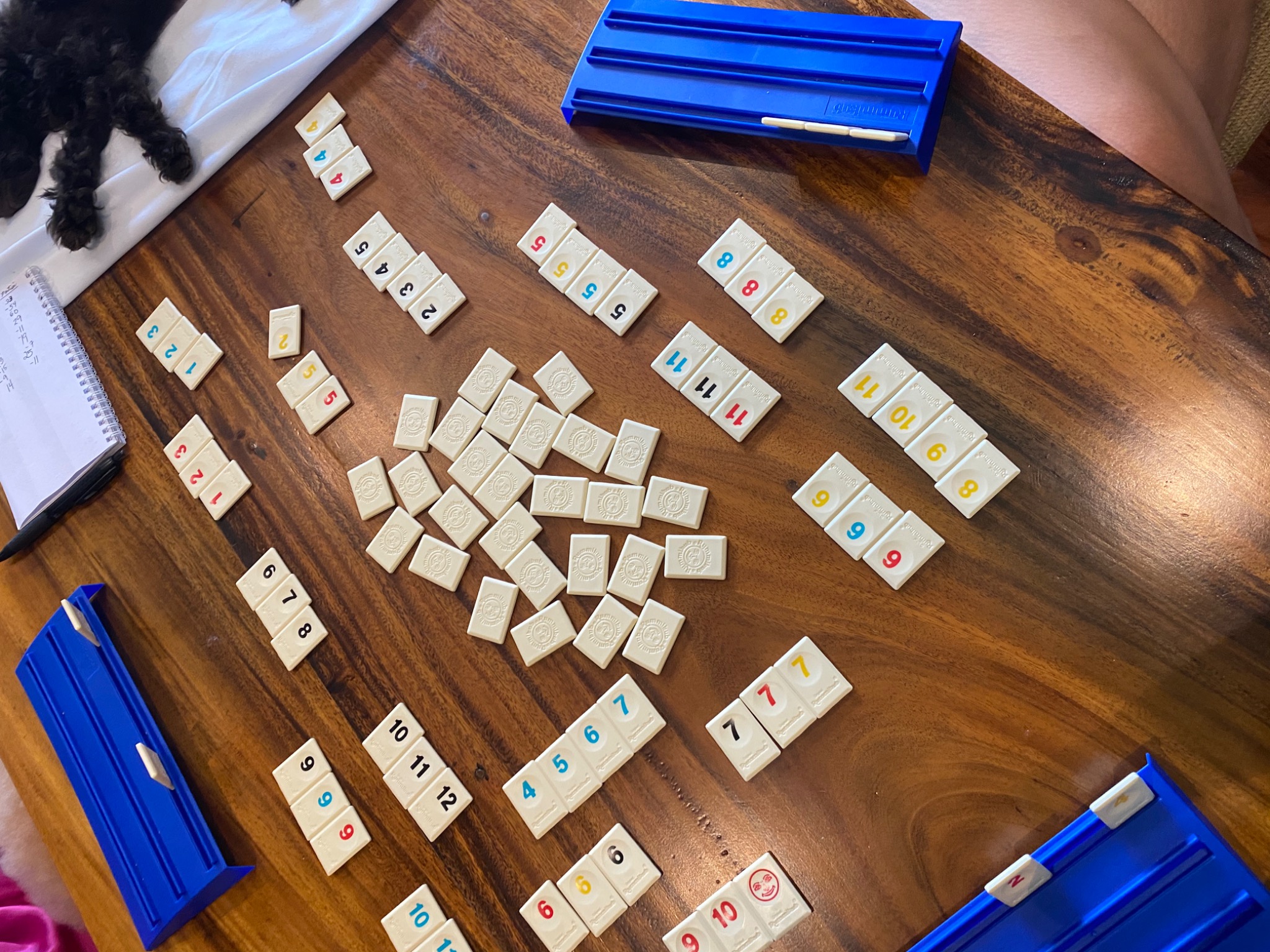
RIP David Medalla
I am eternally grateful for CNN Life for exhaustively educating me about culture in the Philippines. It was always a pleasure to commission and edit thoughtful articles about art, architecture, entertainment, fashion, and all other ways that make Filipino creativity distinct, singular.
One of the many pieces that has stayed with me is about the life and work of Filipino artist David Medalla. I have to admit, I barely knew who he was when Don, our editor-in-chief, assigned the piece to our contributor, art critic and writer Katrina Stuart-Santiago. But as is often the case with my stint at CNN, when a Google doc link of an article appears on my e-mail, I get giddy, like a teenager eagerly waiting for a crush's text message then suddenly hearing the cellphone ping (lols).
I'm not even going to attempt to retell the piece Katrina has written (you may read the full article here), but I do want to highlight my favourite Medalla installation: A Stitch In Time, a participatory work that invites the audience to stitch a trace of themselves onto the cloth.
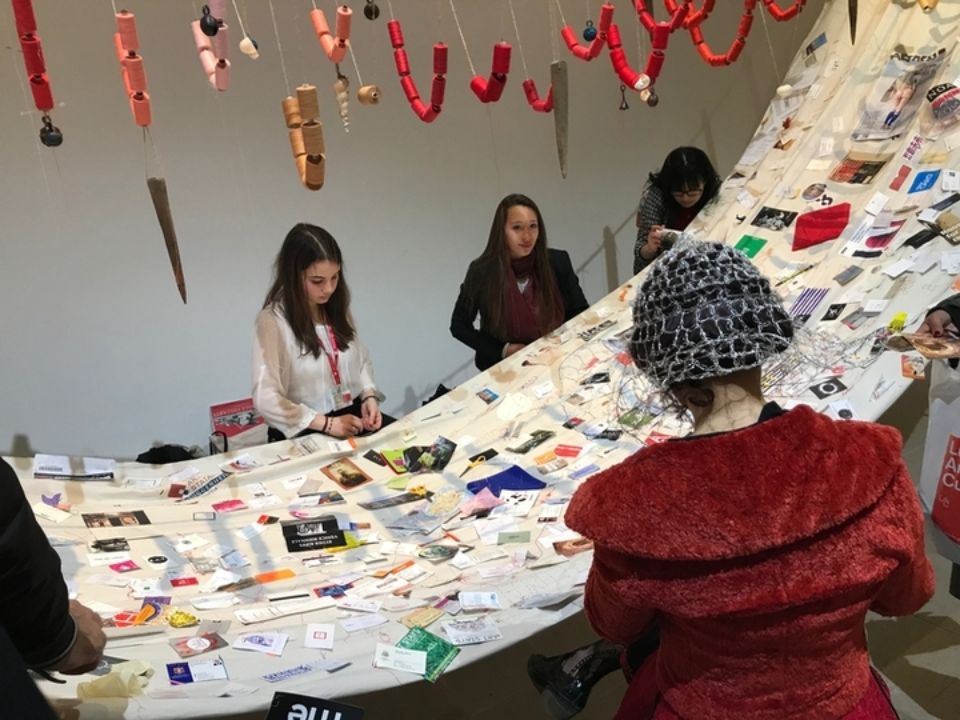
Katrina wrote:
"For Medalla, art is always about a story. A Stitch In Time is no exception. 'It’s a project that’s fixed to time and place,' Nankervis (Medalla's partner) explains. 'In 1968, during the backpacking hippie culture movement, David gave two of his ex-lovers a handkerchief each. He had stitched his name on each, packed a needle and thread with it. And he gave it to these two people going in different directions of the world.'
The setting was the Heathrow Airport in London, and Medalla would soon forget about the handkerchiefs. Until a while after, at Schipol Airport in Amsterdam, when he would run into a man who had, attached to his backpack, an interesting trinket of assorted pieces of cloth and small objects.
'David asked the man about it, and he realized that buried in the layers of trinkets was one of the original handkerchiefs he had given one of his lovers,' Nankervis narrates. 'It had transferred from one person to another, and found its way back to him. So can you imagine that piece of serendipity?'"
Rereading this still makes my eyes misty. It tells me that even the most random of occurrences can serve a purpose. That the improbable can be imaginable. That chance can be so kind.
Salamat, David Medalla. Mabuhay ka.
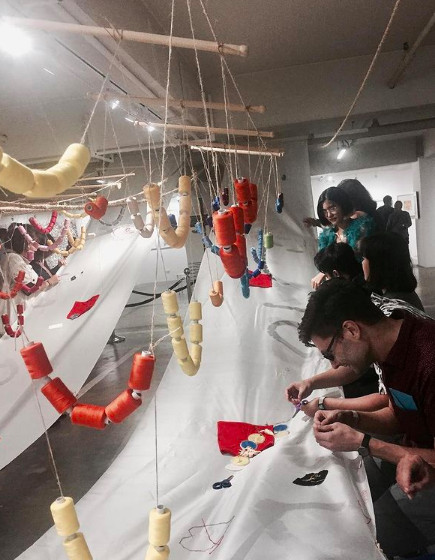
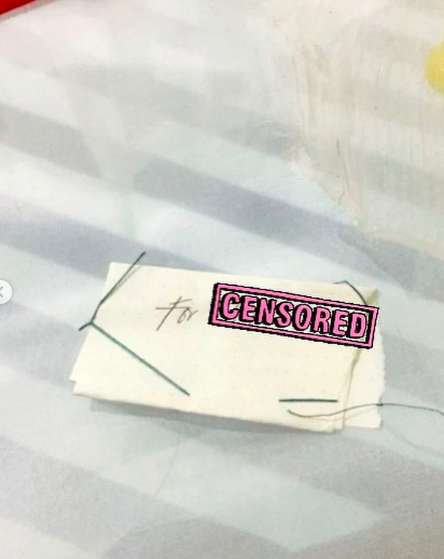

In a dream </3
I once read about a Cambodian victim of Pol Pot's genocide who went blind because she cried everyday for five years after being separated from her family.
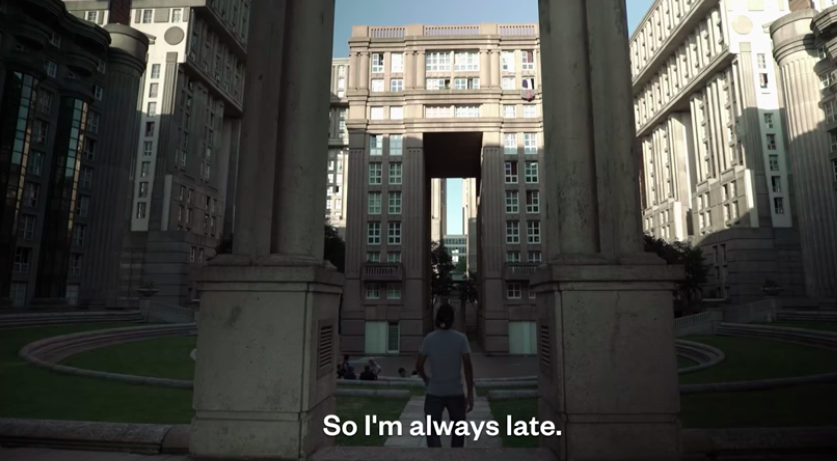
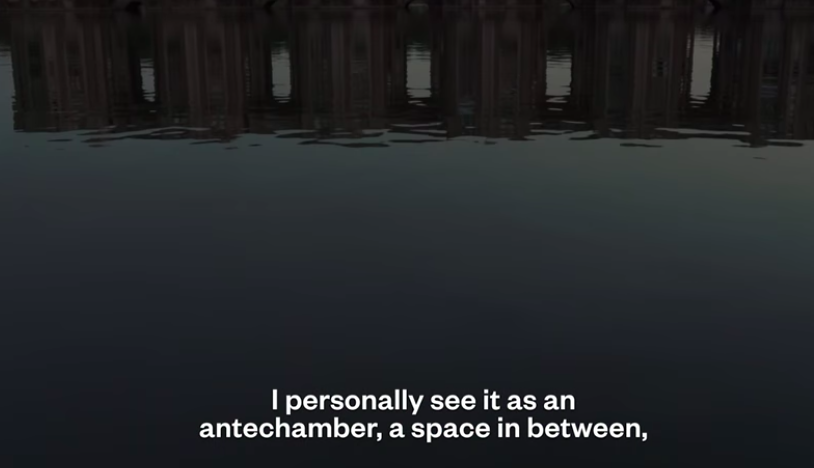
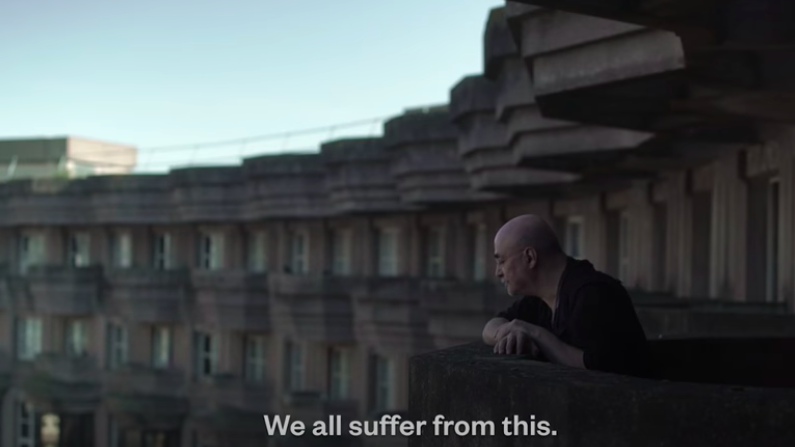
Have I lost touch of my creative life in my pursuit of public service?
The word compassion comes from the latin word compati, meaning to suffer with.
I’ll tell you what terror looks like.
Four years ago, I stood across a house where five men had been killed. The families crowded outside. There were many people in that narrow alley, mostly women. Please, they pleaded, tell us who the dead men are. The cops refused, yelled at one mother, shoved another daughter. Then it rained, hard and heavy. People ran. The cops laughed. See, said one cop. He pointed at the sky. See, God is listening to me.
Three years ago, I went door to door to speak to families whose sons had been killed. They named a police officer. They called the deaths executions. One father refused to put his name on the record. His wife told me to use hers. She said it was the least she could do for her dead son.
Two years ago, I sat across vigilantes who told me cops gave them orders to kill. I couldn’t interview the cop they named, because the cop refused to comment. I couldn’t find the families of the dead. They had gone into hiding.
Isn’t that strange, one vigilante asked me, that it’s the families of the dead who have to run?
Last year, I spoke to a woman whose son had been shot by the police. Witnesses said he raised his arms. Please, he said, arrest me instead. The woman filed a case. The cops tried to settle. She refused, even as her own frightened family begged her to move on. On the day the courts decided in her favor, she went to her son’s grave with a copy of the resolution. She read him every word.
I don’t live with terror every day. They do. They have for years. One wake was empty of mourners, because every neighbor was afraid to be seen paying respects. One teenager quit school to trail her mother, terrified Mama would be shot next. A woman who had already buried one son stood guard outside a police station until dawn. Another of her sons had been arrested, and she was afraid he wouldn’t live through the night.
This government would like to tell us terror is a function of guilt. Do not be afraid of the new law, they say. Only terrorists have reason to be afraid. Trust the cops. Trust us to know who the enemy is. Trust us to define what public safety requires. The law is on your side.
Terror is a complicated word, but I’ll give you the other word for it, one less bound by politics and privilege. The word is fear. Fear makes you faint in a police office, in front of your sobbing son. Fear comes when you’re kneeling on a linoleum floor mopping up your own boy’s blood, saying sorry you can’t fight back. Sometimes it makes you apologize to coffins and withdraw witness statements and refuse to testify. Sometimes it stops you from asking questions. Or writing Facebook posts. Or sharing the story of a boy who said, please, arrest me instead.Isn’t that strange, a killer once asked me, that it’s the families of the dead who have to run?The old laws didn’t protect these families from terror.
The new law, enforced by the same people under whose watch thousands were killed, will make everyone else who dissents a possible target. The government is correct that this new law is about terror, but it isn’t one that will end it.I write this as protest. I say no too.
RAT
It was only when I left the Philippines that I had to confront issues about race.
I still don't have the proper language to articulate the encounters I had — how I felt a pang of guilt every time I was serviced by an older white person, as if I was going against the natural world order; how I went from being offended then flattered when told I "assimilated very well"; how I didn't know how to react when a group of drunk students shouted Chinese gibberish at me; how I was certain I got a high mark for my dissertation only because I exceeded my white supervisor's substandard expectations of a Pacific Islander's academic abilities; how I doubted how I looked like because I couldn't tell if I was told I was beautiful because I was beautiful or because I looked different; how I blamed my being Filipino, the color of my skin, the ambiguity of my name/face/built for not being wanted enough by internships I sought, companies I applied for, men I loved.
I still don't have the words for almost two years of what felt like a perpetual state of unease. Imagine a lifetime of that. And more.
^I posted this last time, then took it out because I felt that I was making the conversations about race happening online centre around me. But, besides realizing that nobody reads this website anyway, I decided to post it again because I do want to make these sentiments more tangible — at least for myself. I also need to remind myself to be okay with talking about myself.
***
Last year, I got to talk to author Viet Thanh Nguyen for CNN. I was very nervous because I'm a proper fan — have watched all his interviews and lectures online, have read all his books, etc etc. Here's an excerpt from my Q&A with him:
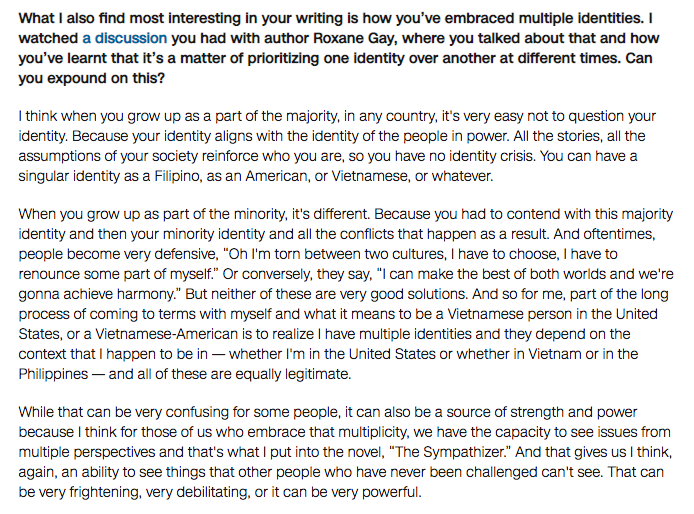
Full article here: https://cnnphilippines.com/life/culture/literature/2019/8/6/viet-thanh-nguyen-interview.html
Nguyen's books "The Refugees," "The Displaced," "Race and Resistance," "Nothing Ever Dies," and "The Sympathizer" are all great works that show an almost-complete picture of what it means to contend with difficult, racially-charged histories, and how that affects our contemporary lives. Highly recommend.
I also suggest you read Barack Obama's "Dreams From My Father: A Story of Race and Inheritance," a memoir he wrote even before he was president, which chronicled his boyhood as an African-American in Hawaii up until his foray into community organizing in Chicago. More than being one of the most empathetic world leaders, I've always admired Obama for his prose. Below is a powerful excerpt from the book:
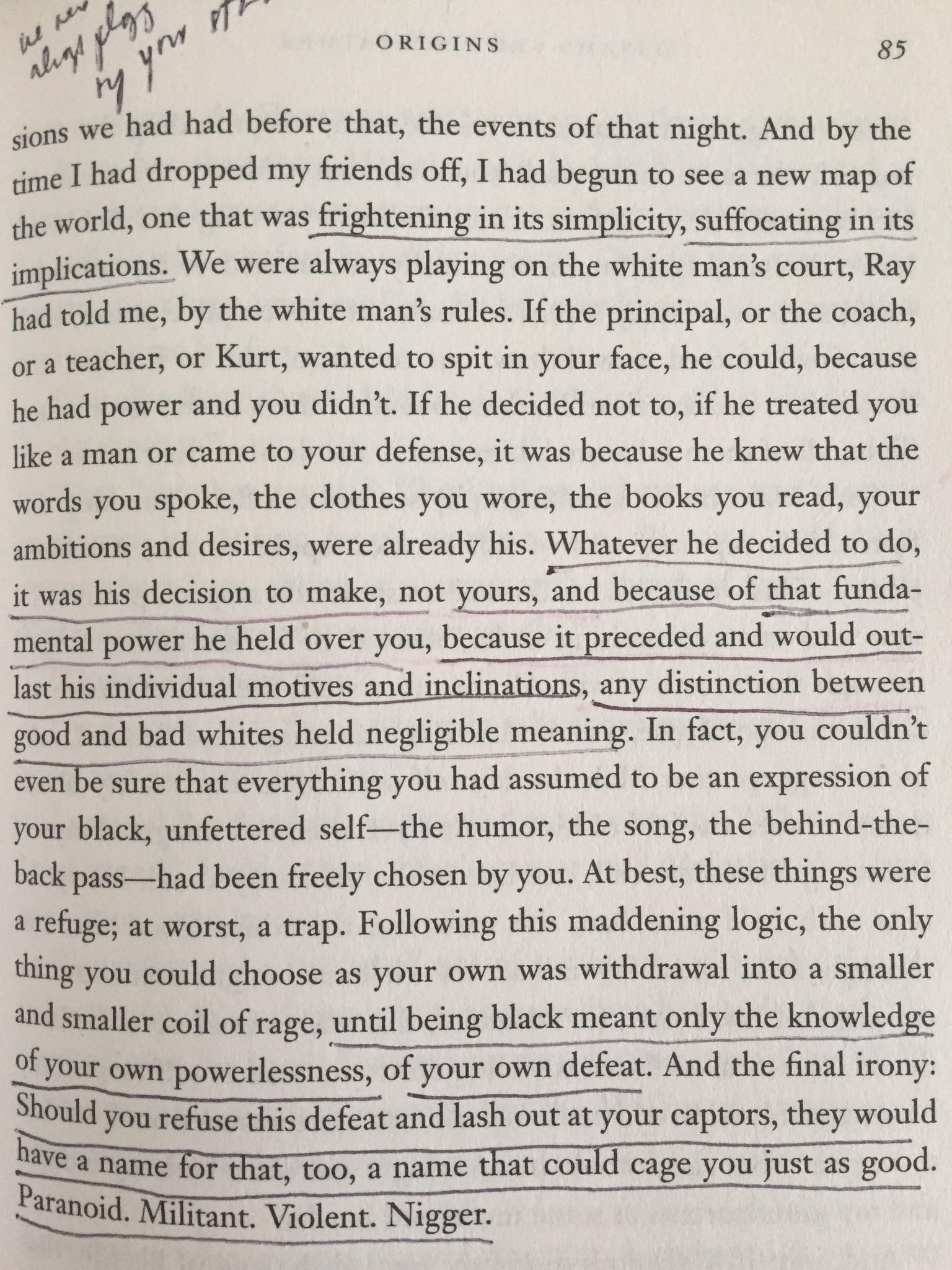
And of course, the 1619 project of the New York Times is a goldmine of resources on the history of slavery in the US. My favorite of the series is Nikole Hannah-Jones' piece titled "Our democracy’s founding ideals were false when they were written. Black Americans have fought to make them true."
From Rowie Palacios:
Four years ago, I thought, like many Filipinos do, that issues of race are not very relevant in the Philippines, where theories about class tend to dominate analyses of social and political issues. I now know I was wrong.
A fish doesn't know it's swimming in water. When I read texts and documents written in the late 19th and early 20th century about the US colonization of the Philippines, I learned just how deeply immersed American decision-makers were in the race ideology of the day (the same race pseudo-science that eventually became part of Nazi ideology). I realized how every aspect of the American colonization of the Philippines was shaped by these beliefs about race.
When I read other scholars' work on 19th century Filipino thinkers, I learned how our revolutionary and nationalist thinkers appropriated this race ideology that was the fashionable 'science' in Europe at the time, and how they turned it on its head. They used this new Western concept of 'race' to imagine the Philippine nation, and to this day, we still speak uncritically of 'ang lahing Pilipino'.
Understanding the origins of the Philippine state in this way helped me to see the ways that racist ideology persists in Philippine politics and education, in ways we don't always notice. The Philippine government perpetuates the categorisation of Filipinos into the 3-level racial hierarchy created during the American period: of 'Christian Filipinos', 'Pagans' and 'Mohammedans'. This is still visible in our government structures.
Long-debunked theories about race are STILL (!) taught in some schools, and even where they are not, the adults who learned them thirty or forty years ago do not realize these theories have long been disproven. Many Filipinos still believe the 19th century theory about Negritos, Malays, and Indonesians as the three 'origin races' from which Filipinos descend. Many Filipinos still believe the long-debunked idea that the world is divided biologically into five races. And some Filipinos still even repeat outdated theories about the percentage of 'blood' from different races coursing through each Filipino's veins. All these theories have been definitively disproven by DNA science.
These pseudo-scientific theories were used in the 19th century by Europeans and Americans who were trying to make sense of the plurality of cultures they saw in the Philippine archipelago. They were also used by the American government to justify the colonization of people who so clearly wanted to be free. The American government did this by characterizing the Filipino Christian majority as 'mixed race'. The pro-imperial American press had initially portrayed the Philippine population as 'native savages' in need of civilization. However, the 'high' culture, scholarship, and literacy coming out of Philippine metropoles threatened to disprove this. By portraying Filipino Christians as a 'mixed race', they were able to square this contradiction to themselves and to the American public: Filipinos, according to them, WERE innately savages, but because their blood had been 'improved' with European and East Asian blood, they were now more capable of culture and civilization. Nonetheless, because their blood still had 'savage' blood, it was the duty of white Americans to civilize them further. The White Man's Burden.
A hundred years have passed. However, we Filipinos still find ourselves unconsciously mimicking many of those ideas in our skin-colorism, in the way the majority treat indigenous peoples, and in our colonial mentality.
Are issues of race relevant within Philippine borders? Absolutely.
Of course, we don't need to have a shared history with African-Americans to be moved to speak out about racism in the U.S. But perhaps the fact that we do should make it matter all the more.
FELLOWSHIP OF THE RING
Let me tell you a story about a fellowship I didn’t get.
I stumbled upon the call for applications around mid-last year and thought 'WHY NOT ME?' and applied.
I background-checked previous recipients of the fellowship, and they were people who studied law and went to serve in Afghanistan, and had degrees in Middle Eastern studies, and fought rights for migrant workers in obscure places in Eastern Europe. I stopped stalking these hyper-achievers, lest I fall into a deeper pit of inadequacy. I knew I wasn’t going to get it but felt maybe they’d give it to someone from the Philippines this time (I mean, surely they know we have a madman as president, right?).
For some reason, I passed three excruciating screenings and was included in the final round of the process. Before the last panel interview, I read everything that I could about social and political issues in Southeast Asia (by this time quite certain I would be grilled about the region). But no. During the interview, I was made to analyze a case in RWANDA. Mother. fucking. Rwanda. When I was reading the case, I just truly blanked out, and all I thought about was the only thing about Rwanda that I knew: women make up majority of their parliament. This little trivia did not help me at all, so that was a bust. I candidly told the interviewees that I would try to answer, but that I was wary of pontificating about a country that I’m not familiar with.
They asked some other questions about my background, they told me how I should be proud of myself for reaching that stage of the process, how I was part of the 5 finalists out of some 2,000 applicants. It was flattering and all; nonetheless, I didn’t care that it was a feat — if I don't get it, top 5 doesn't matter, obviously. And so after a week of not hearing from them, I followed up just to be sure that I didn’t get it, and as expected, I didn’t.
I bought frozen yogurt, slept, and woke up telling myself that I should turn this failure into a blog entry on my website that nobody visits instead. So it goes.
PS.
Below is a picture of my set up during the video panel interview. I had notes open; notes that turned out to be utterly useless. Also put the two books I was reading at that time below my laptop as I felt I could feed off from the authors' brilliant, feminist/existential energy.
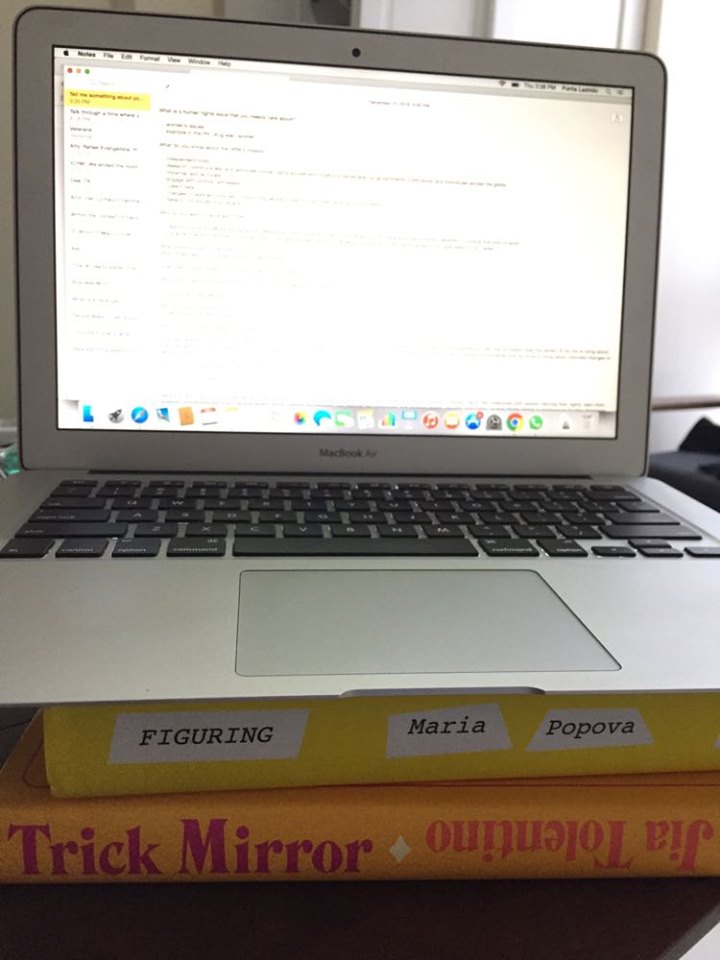
PHILIPPINE HEALTHCARE IN A NUTSHELL
In this video, I read bits about an article that sums up the Philippine healthcare system, and how unprepared we are for the pandemic. The entire piece can be read here: https://cnnphilippines.com/life/culture/2020/3/20/healthcare-pandemic-opinion.html?fbcid%3Ffbclid%3Ffbclid%3Ffbclid
